Maintaining good hygiene is essential for overall health, but some daily habits may do more harm than good. Here’s a closer look at common hygiene practices and how to improve them for optimal cleanliness.
How Long Can You Really Use Towels?
Fabric towels are convenient and eco-friendly, but it’s easy to forget to replace them regularly. Over time, especially after drying off post-shower, towels can harbor bacteria due to trapped moisture. To maintain hygiene, hang towels to dry and wash them every few uses.

Thoroughly Drying Yourself Off
After a shower, it’s tempting to dry off quickly, especially when in a rush. However, taking the time to dry yourself thoroughly is crucial. Trapping moisture can create an environment conducive to bacteria and fungi growth, so ensure you’re completely dry before getting dressed.

Rethinking Your Shower Routine
Your shampooing habits can also impact your hygiene. While it’s important to keep your hair clean, over-washing can strip it of natural oils. Research your hair type to find the right balance for washing frequency that maintains both cleanliness and health.
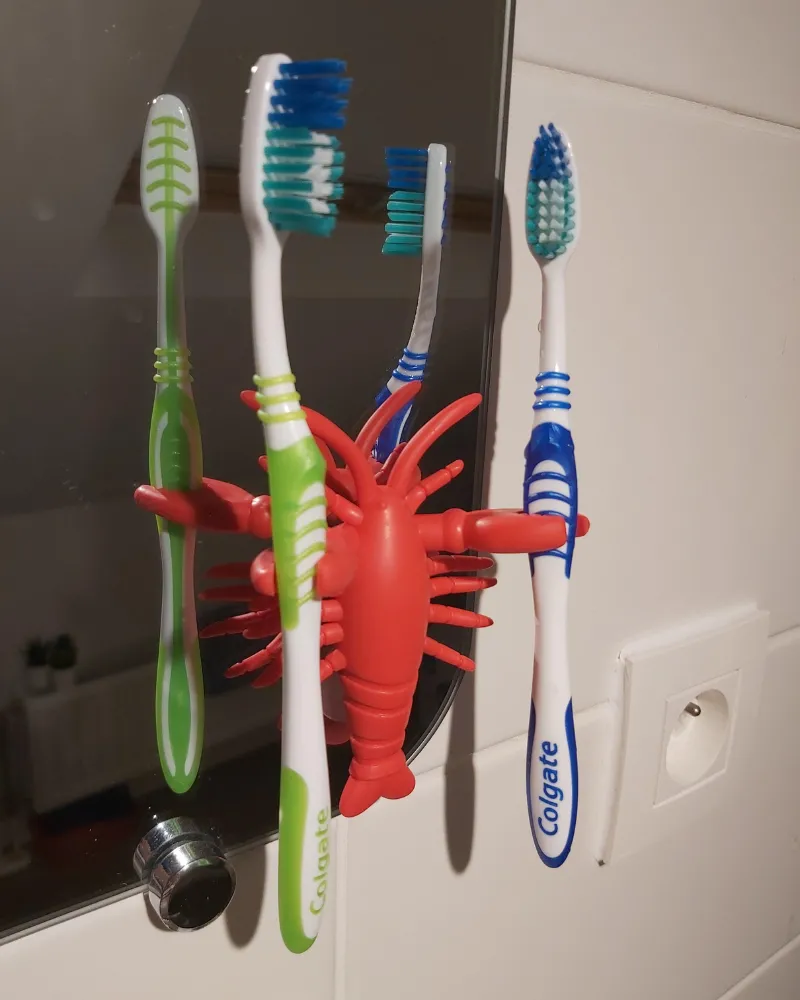
Don’t Forget Your Hands and Feet
It may seem obvious, but many people overlook washing their hands and feet thoroughly in the shower. Ensure you’re using a soapy washcloth on every part of your body to achieve a complete clean.
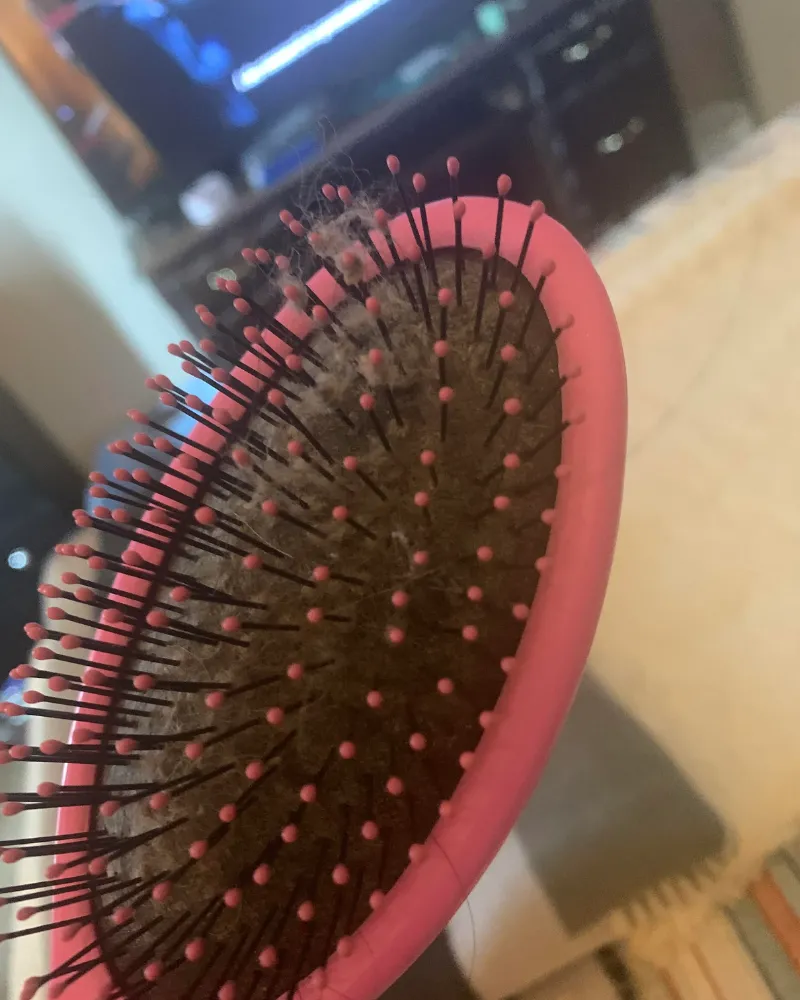
Check Your Hairbrush
After showering, you likely reach for your hairbrush to detangle. Remember that your hairbrush needs cleaning too! Regularly remove hair from the bristles, and for a deeper clean, soak it in a mixture of hot water and shampoo.

Brushing Your Teeth Properly
Most people brush their teeth twice daily, but many don’t brush for the recommended two minutes. Taking the time to brush thoroughly helps prevent plaque buildup and oral issues.
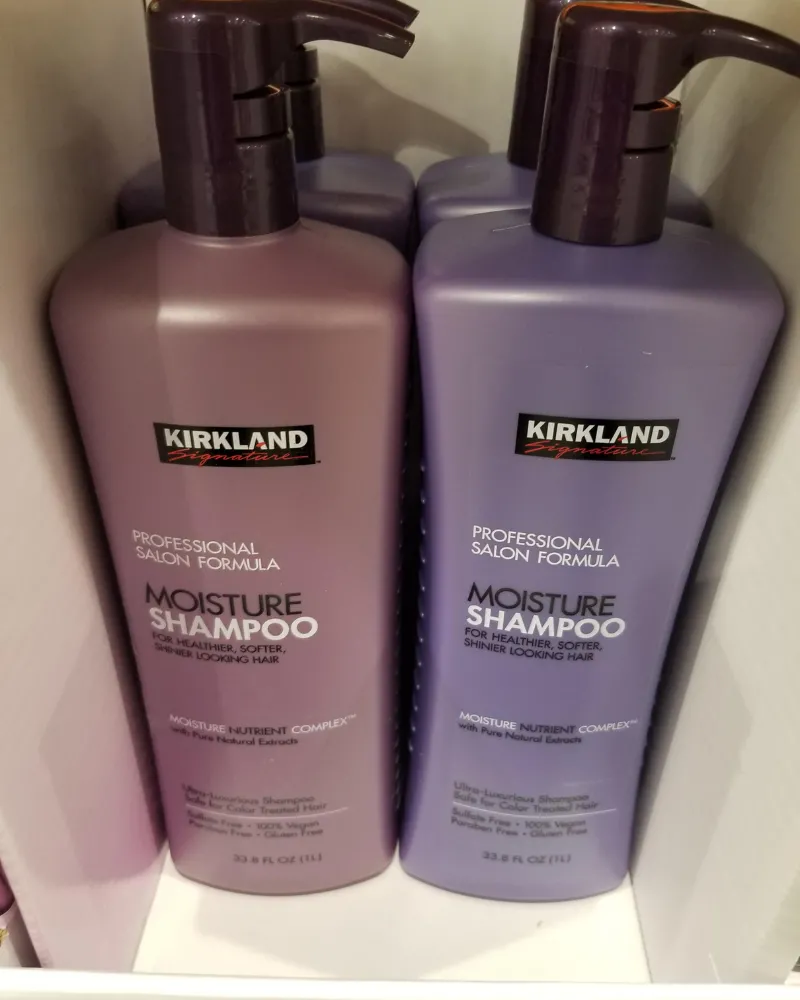
Avoid Brushing Too Hard
While brushing your teeth is crucial, brushing too hard can damage enamel and irritate gums. Focus on gentle, effective brushing techniques rather than applying excessive force.

Don’t Skip Your Tongue
Brushing your tongue is an often-overlooked step in oral hygiene. Bacteria can thrive on the surface of your tongue, leading to bad breath and other issues. Consider using a tongue scraper or the back of your toothbrush for a thorough clean.
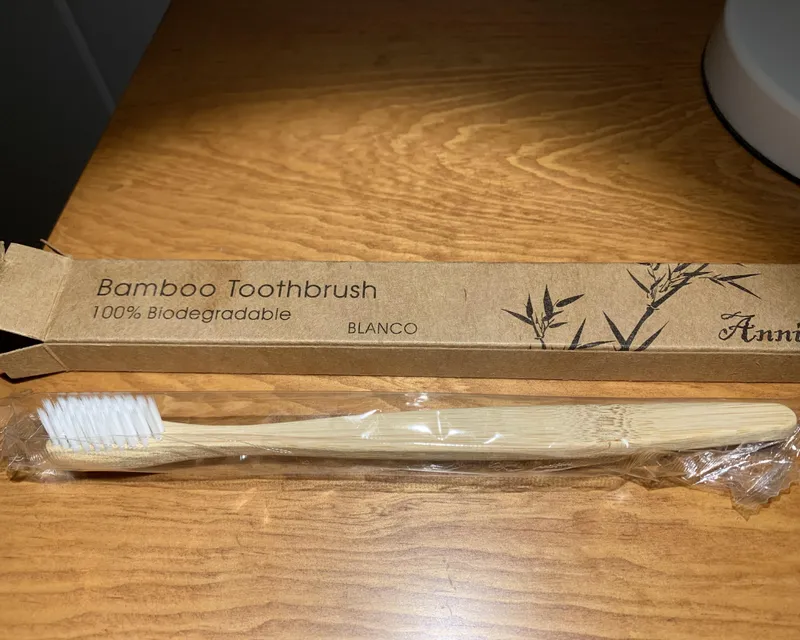
Replace Your Toothbrush Regularly
Toothbrushes don’t last forever. Aim to replace yours every three to four months, or sooner if the bristles become frayed. This ensures effective cleaning and reduces the risk of bacteria buildup.
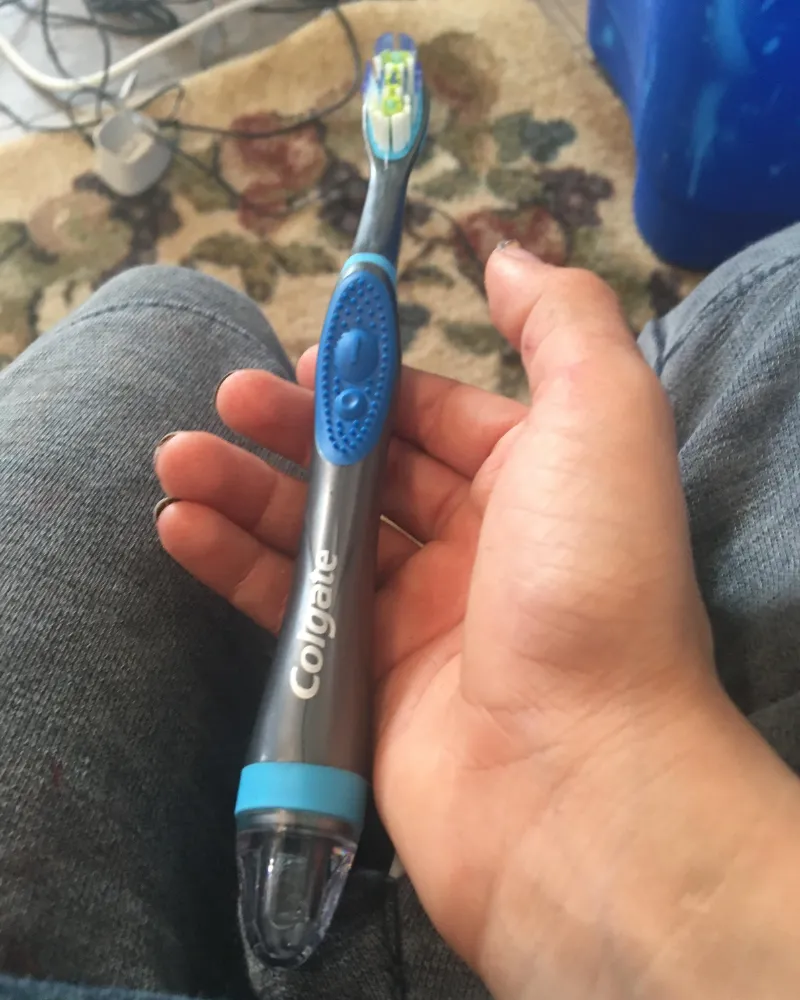
The Importance of Flossing
Flossing is an essential part of dental hygiene that many people neglect. It helps remove food particles and plaque from between teeth, ensuring a more thorough clean. Don’t skip this important step!
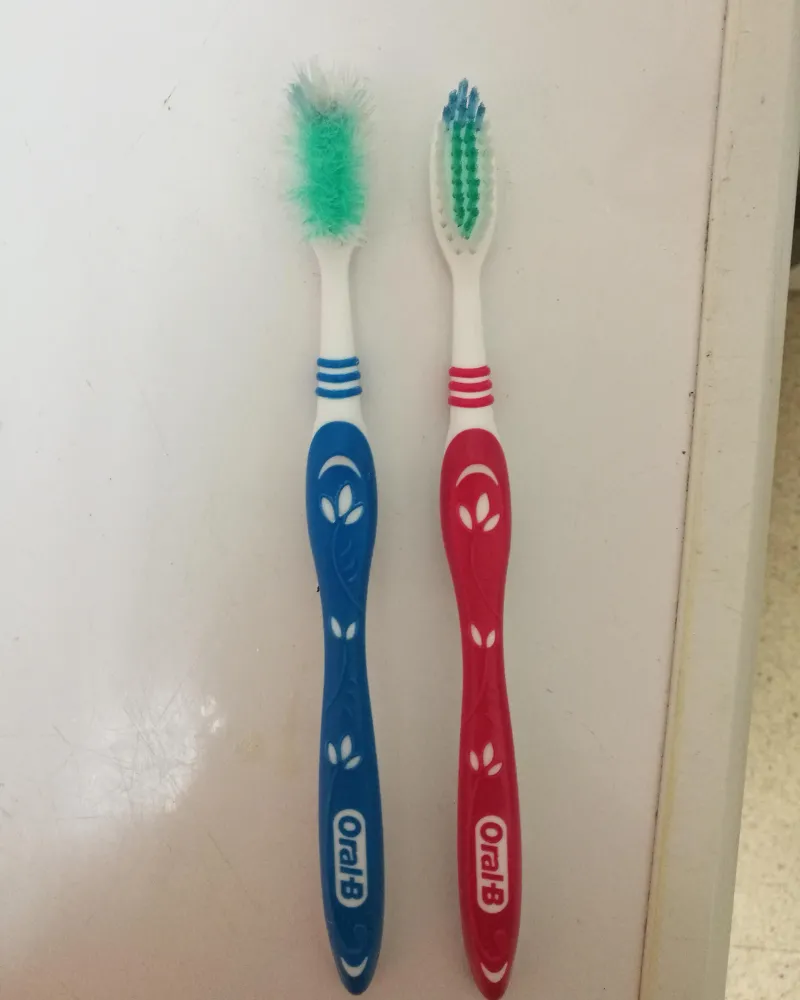
Where to Store Your Toothbrush
The storage location of your toothbrush matters. Avoid keeping it too close to the toilet to prevent airborne particles from contaminating it. However, be cautious with toothbrush caps, as they can create a damp environment for bacteria. Closing the toilet lid before flushing can help minimize this risk.
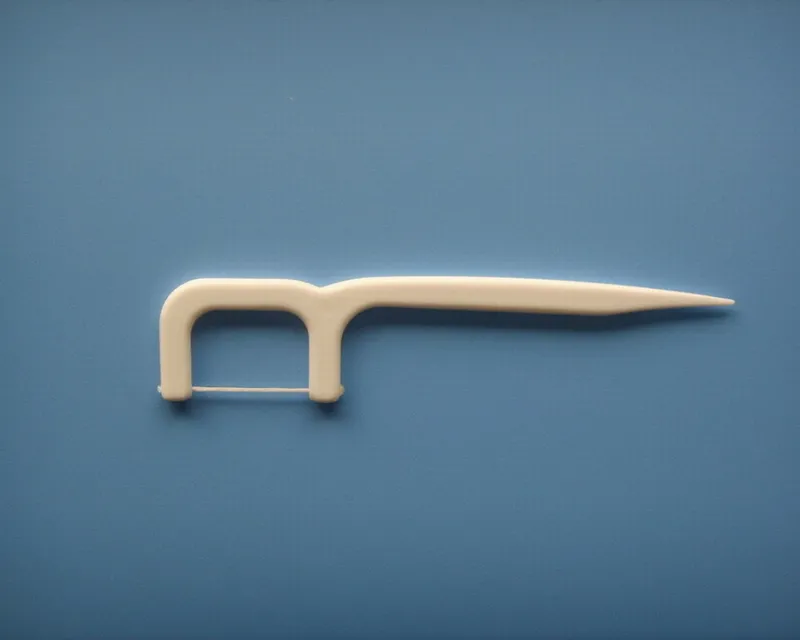
Using Mouthwash Wisely
Mouthwash can effectively kill bacteria, but overuse can eliminate beneficial bacteria as well. Use mouthwash twice a day for optimal oral health unless otherwise directed by your dentist.
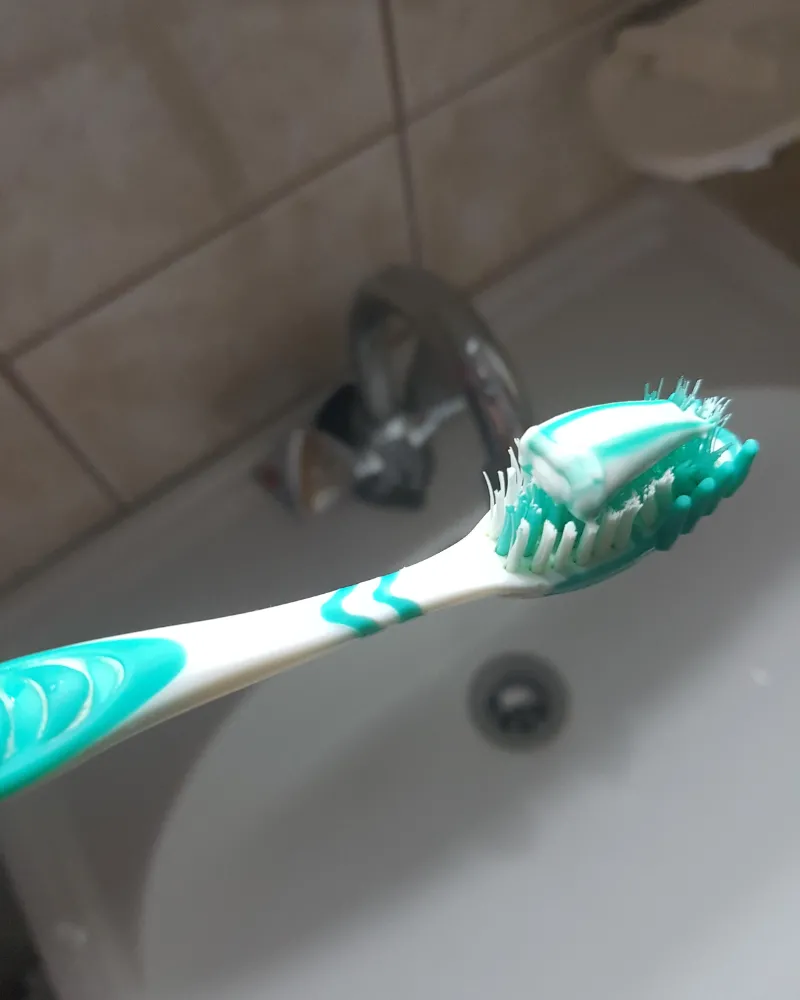
Letting Dishes Soak
While soaking dishes in soapy water can help loosen tough stains, it can also create a breeding ground for bacteria. Ensure you clean both your dishes and your sink thoroughly after soaking.
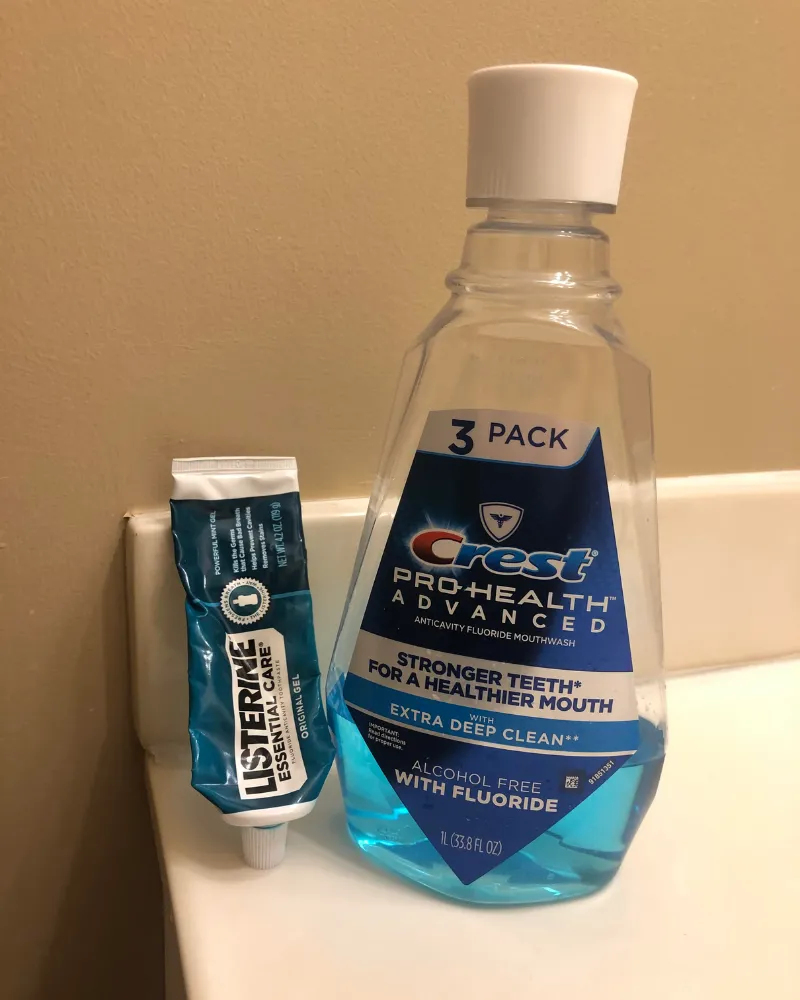
Washing Your Sheets
Keeping your bedding clean is crucial for hygiene, yet many people forget to wash their sheets regularly. Aim to wash your sheets at least once a week to maintain a clean sleeping environment.
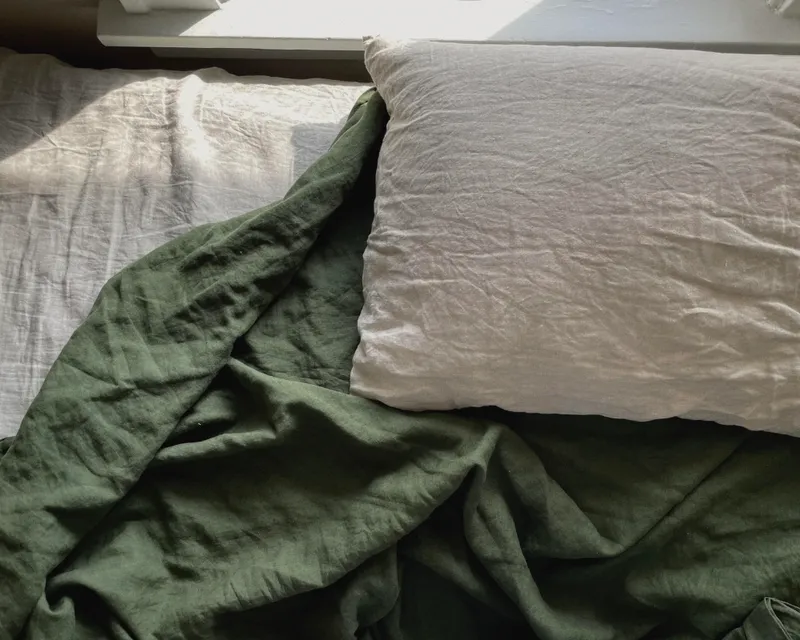
Cleaning Your Keyboard
Your computer keyboard can harbor germs and bacteria, especially with frequent use. Don’t wait until it looks dirty; use disinfectant regularly to keep it clean and hygienic.
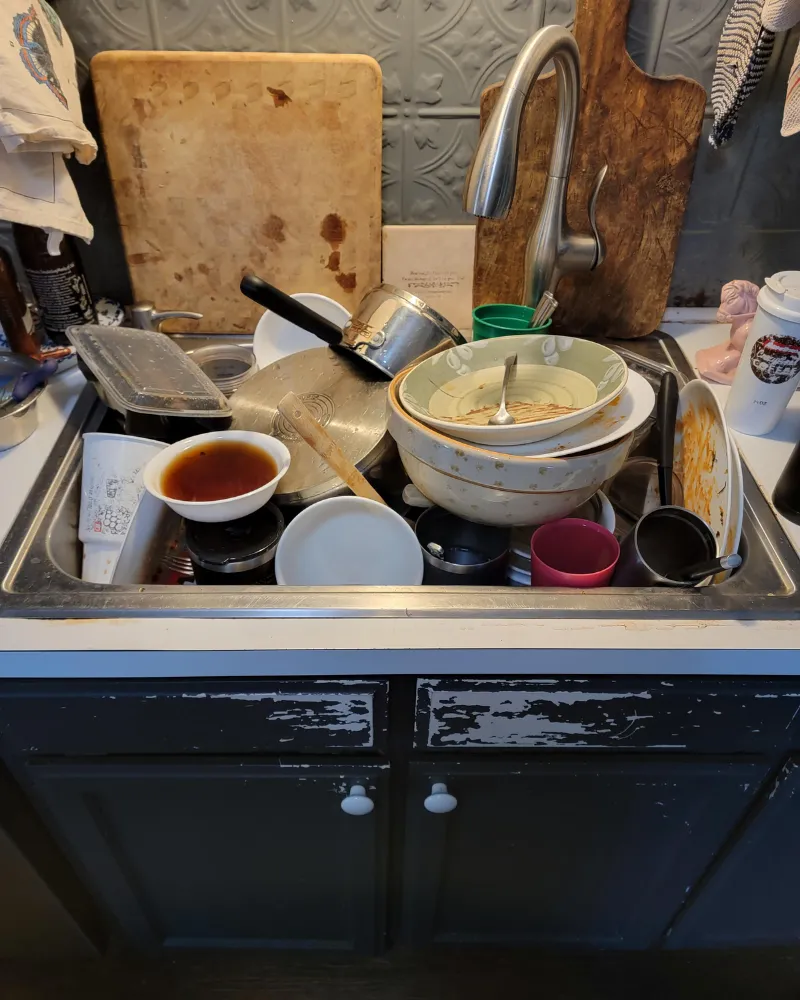
Essential Hygiene Tips for Everyday Items
Maintaining cleanliness in your daily environment is crucial for your health. Here’s a comprehensive guide to keeping various items and habits in check for better hygiene.
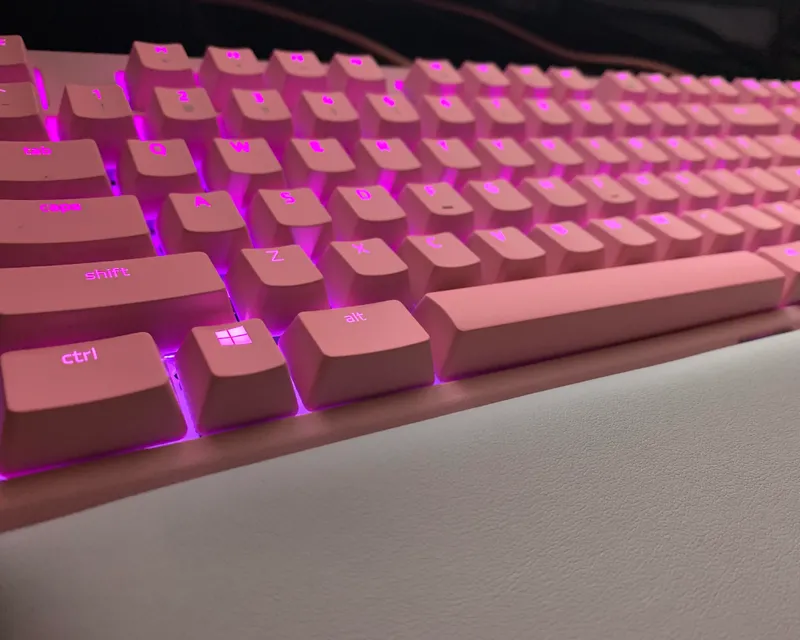
Don’t Forget Your Mouse
While cleaning your keyboard, don’t overlook your mouse or trackpad. These are touched just as frequently and can harbor germs. Make it a habit to disinfect your mouse regularly to ensure a clean workspace.
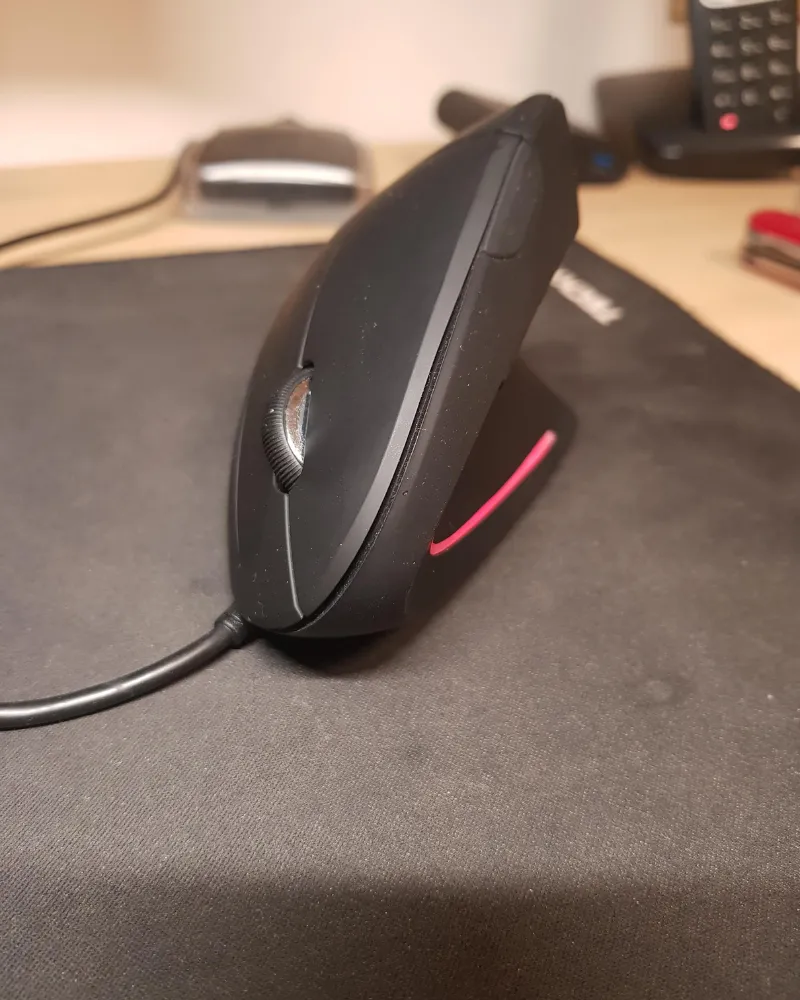
Clean Your Remote Control
Think about how often you grab your remote control when settling down to watch TV. It can accumulate bacteria quickly. Incorporate disinfecting your remote into your monthly cleaning routine, especially if someone in your household has been ill.
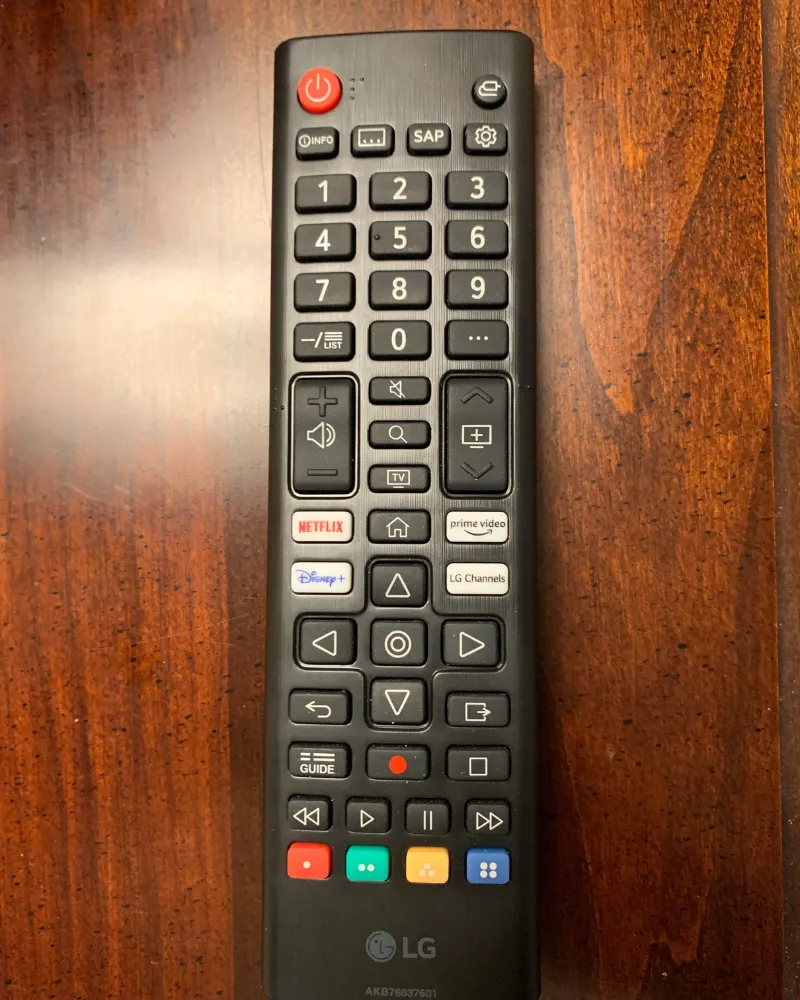
Put Down the Q-Tips
When your ears feel waxy, it may be tempting to reach for cotton swabs. However, these are not designed for cleaning the ear canal and can push wax further in or cause injury. Instead, use them for cleaning the outer part of your ear only.
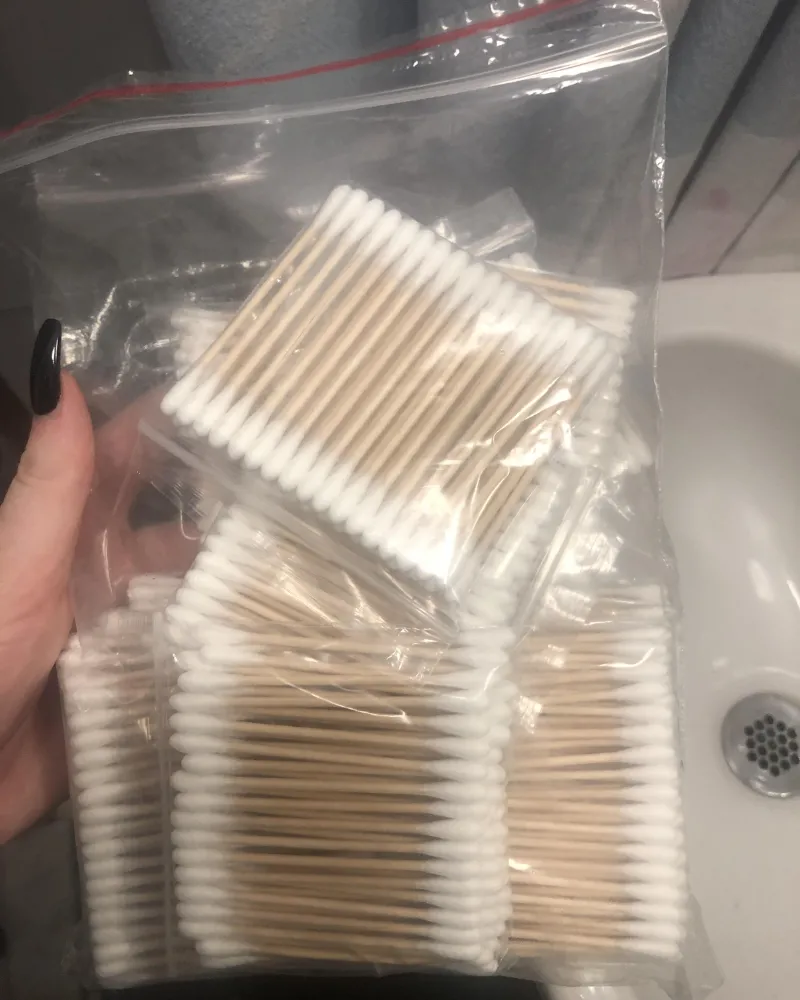
Switch Out Your Razor
Using a dull razor can lead to irritation and ineffective shaving. To maintain hygiene, replace your razor before the blade dulls. Old razors can harbor bacteria and dead skin cells, so don’t wait for it to become unusable.
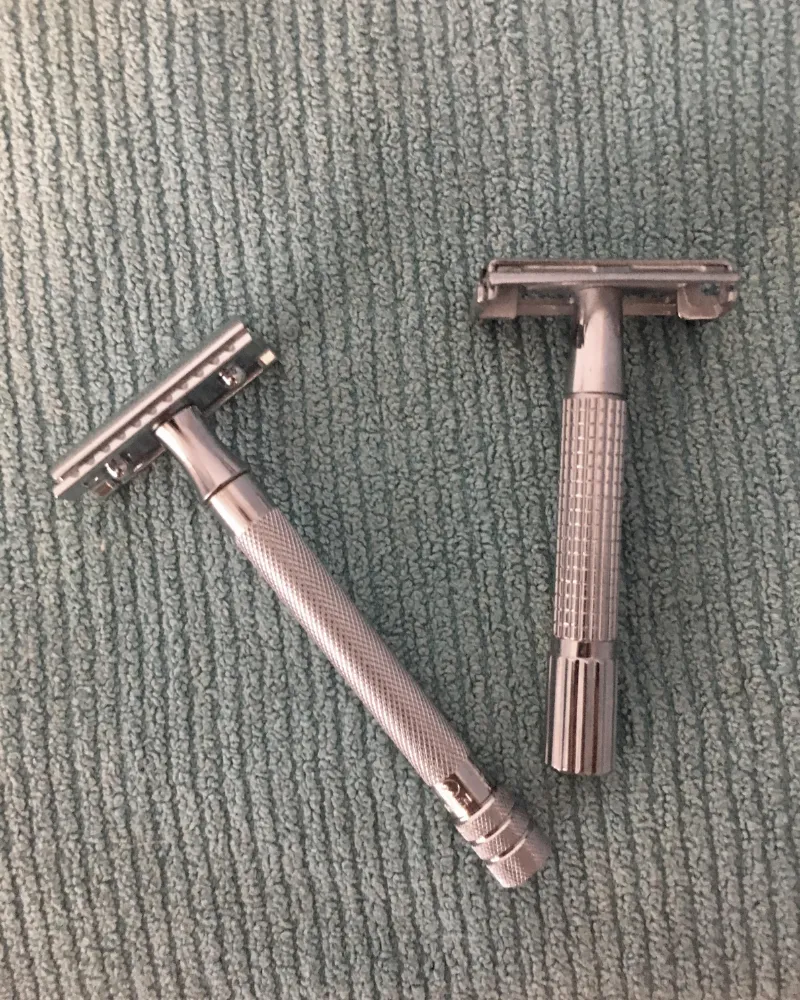
Balance Your Moisturizer
Keeping your skin hydrated is essential, but using too much moisturizer can hinder your skin’s natural processes. Apply lotion in moderation, ideally in the morning and at night, allowing your skin to breathe between applications.
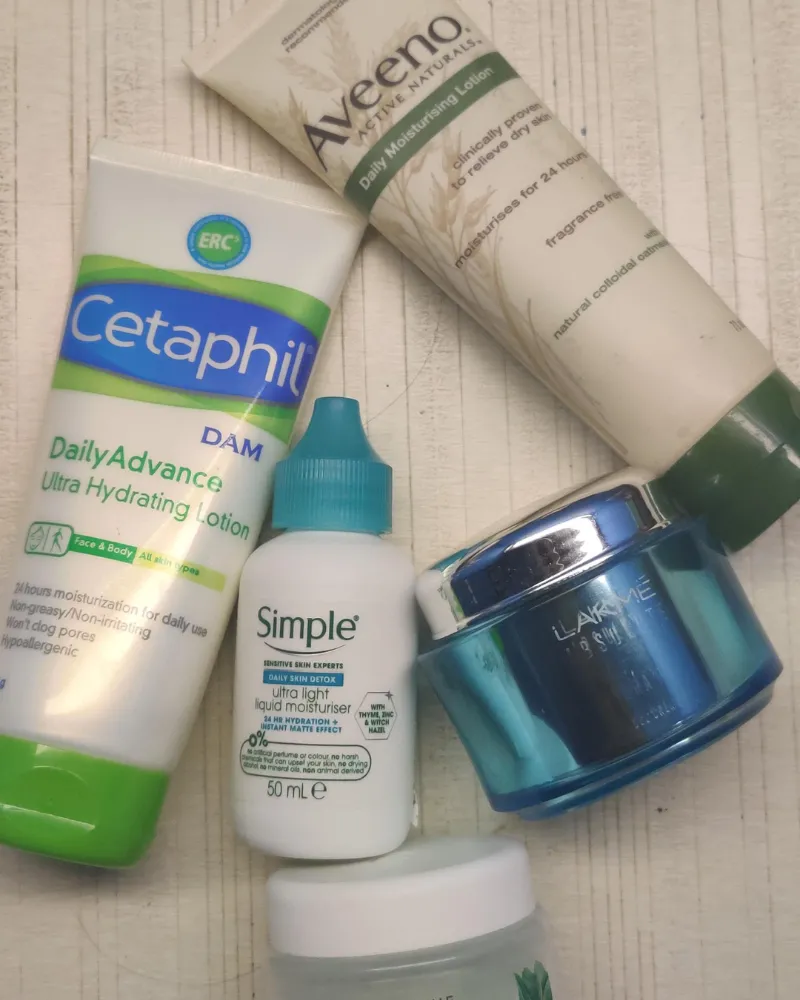
Laundry Hygiene
Laundry is a never-ending task, and dirty clothes can transfer bacteria to your hampers. When doing laundry, take a moment to disinfect your laundry baskets to keep everything as clean as possible.
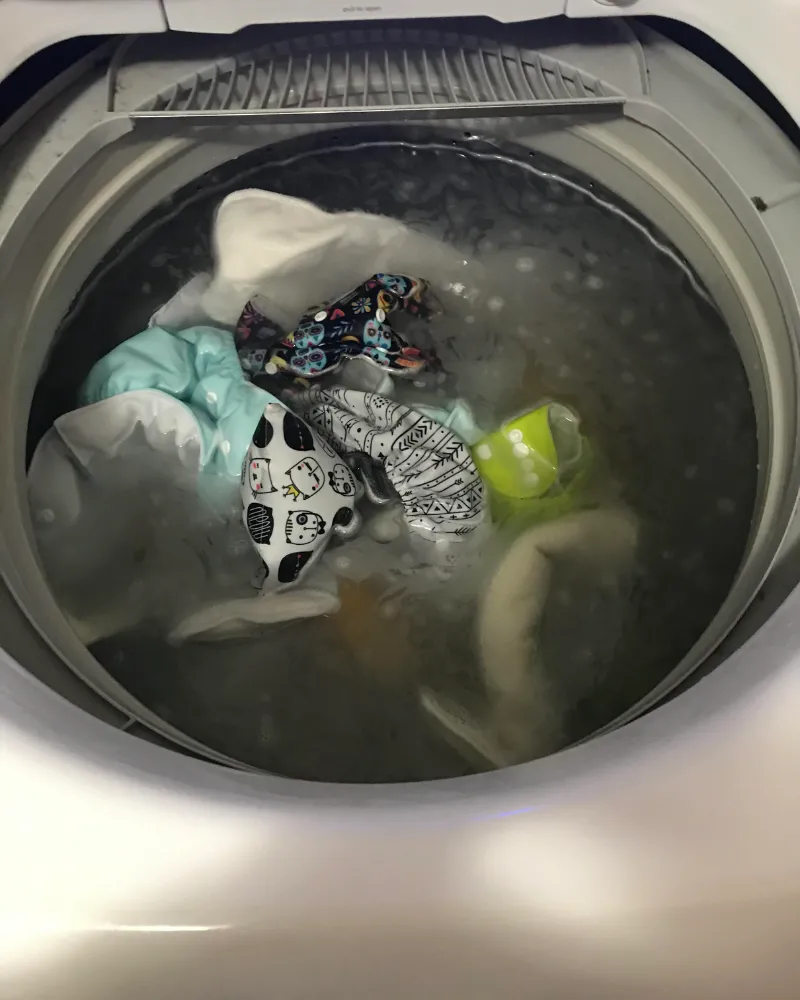
Clean Your Laundry Machine
Your washing machine works hard to clean your clothes, but it can also accumulate dirt and grime. Use a washing machine cleaner periodically to keep it in top condition and ensure it effectively cleans your garments.
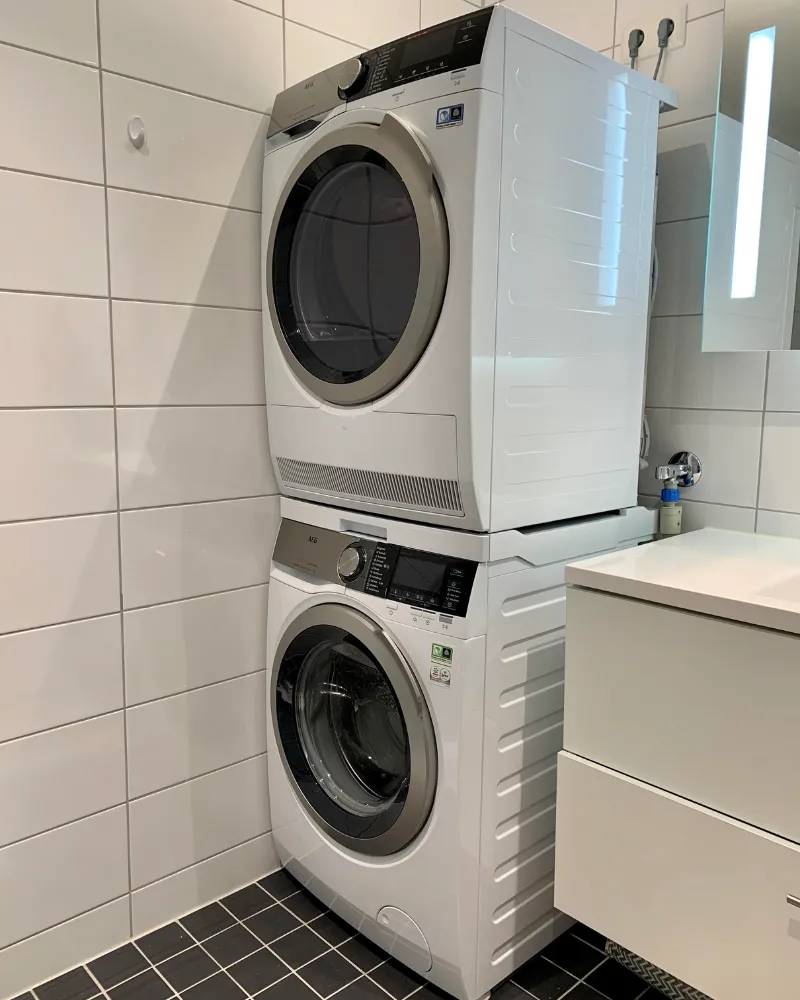
Disinfect Your Phone
Your phone is one of the most frequently touched items, collecting bacteria throughout the day. Make it a habit to use a disinfectant wipe safe for screens at the end of each day to maintain hygiene.
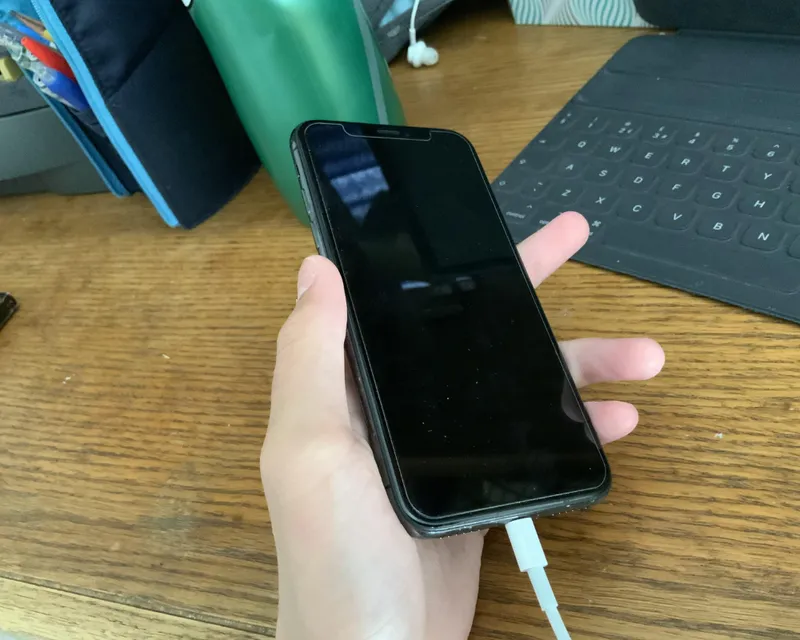
Break the Habit of Touching Your Face
Touching your face can introduce germs from your hands, especially during flu season. Try to be mindful and reduce the frequency of touching your face to minimize the risk of illness.
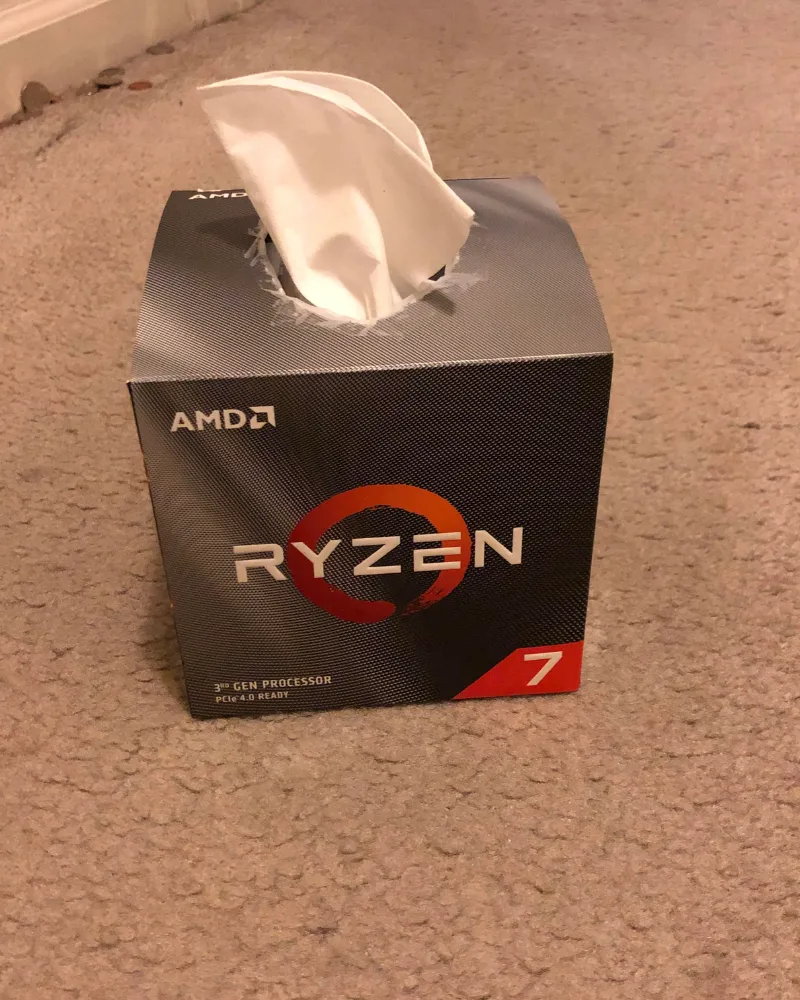
Maintain Your Reusable Water Bottle
Using a reusable water bottle is eco-friendly, but it requires regular cleaning. Wash your bottle daily to prevent bacteria buildup, even if it only contains water.
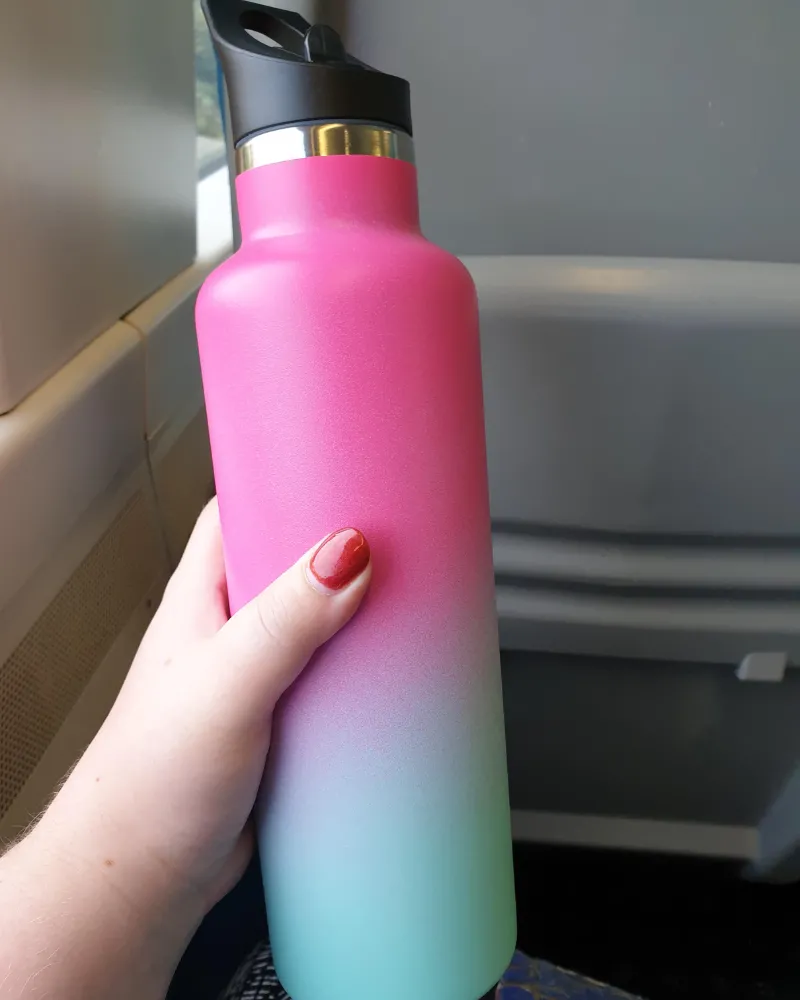
Keep Your Office Clean
Even if your workplace has a cleaning staff, there are small tasks you can do to maintain a hygienic environment. Regularly disinfect your desk, keyboard, and mouse to help reduce the spread of germs.
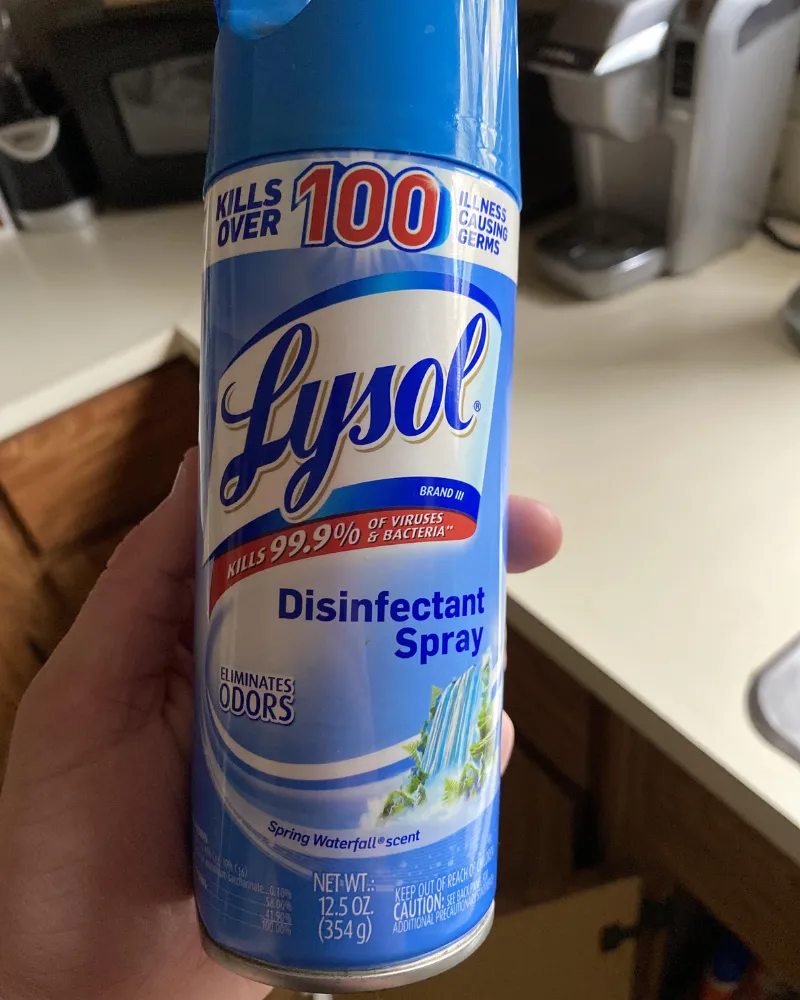
Wash Your Makeup Brushes
Makeup brushes can accumulate makeup, oils, and bacteria over time. To maintain hygiene, wash them weekly with warm water and shampoo or a dedicated brush cleaner.
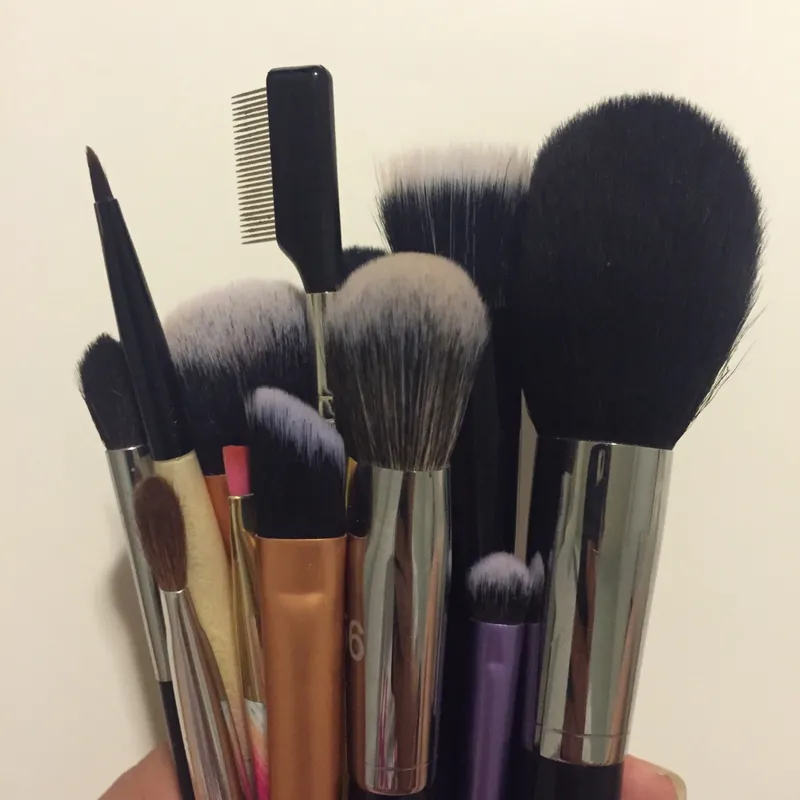
Replace Dirty Sponges
Sponges are great for cleaning but can harbor bacteria themselves. Rinse them with soap and hot water after each use, and consider methods like microwaving them to sanitize. However, remember to replace your sponges regularly for optimal cleanliness.
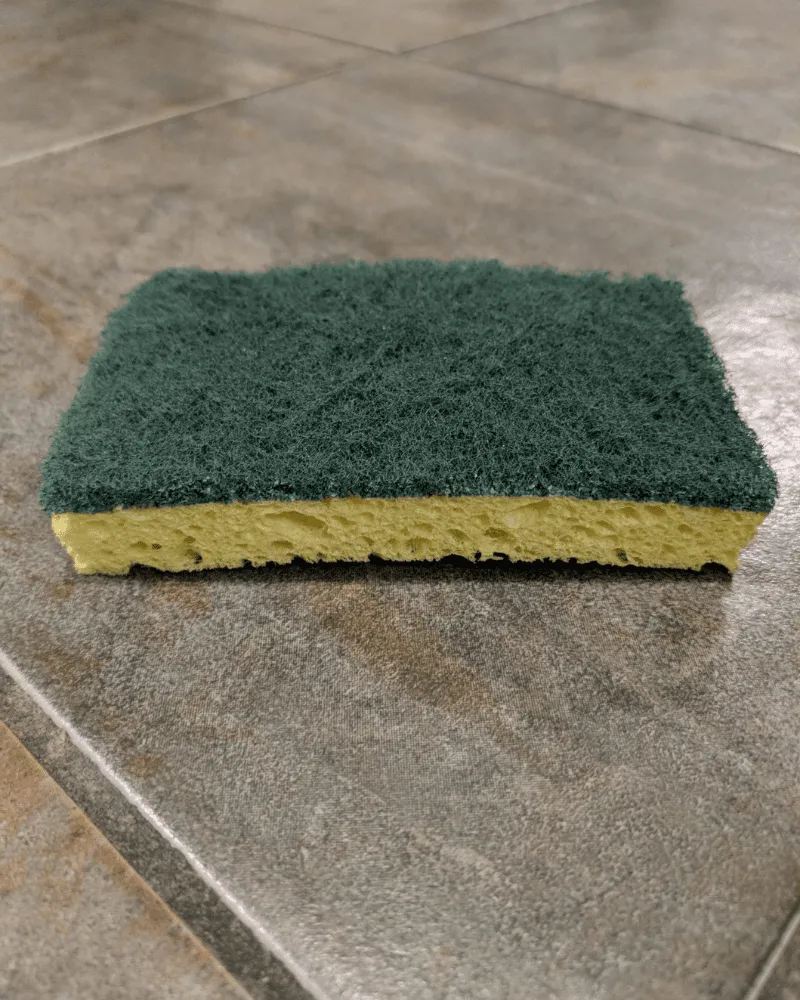
Nail Care Hygiene
Keep your nails at a comfortable length by trimming them regularly. Clean your nail clippers with disinfectant after each use, and ensure they are dry before storing them to prevent rust.
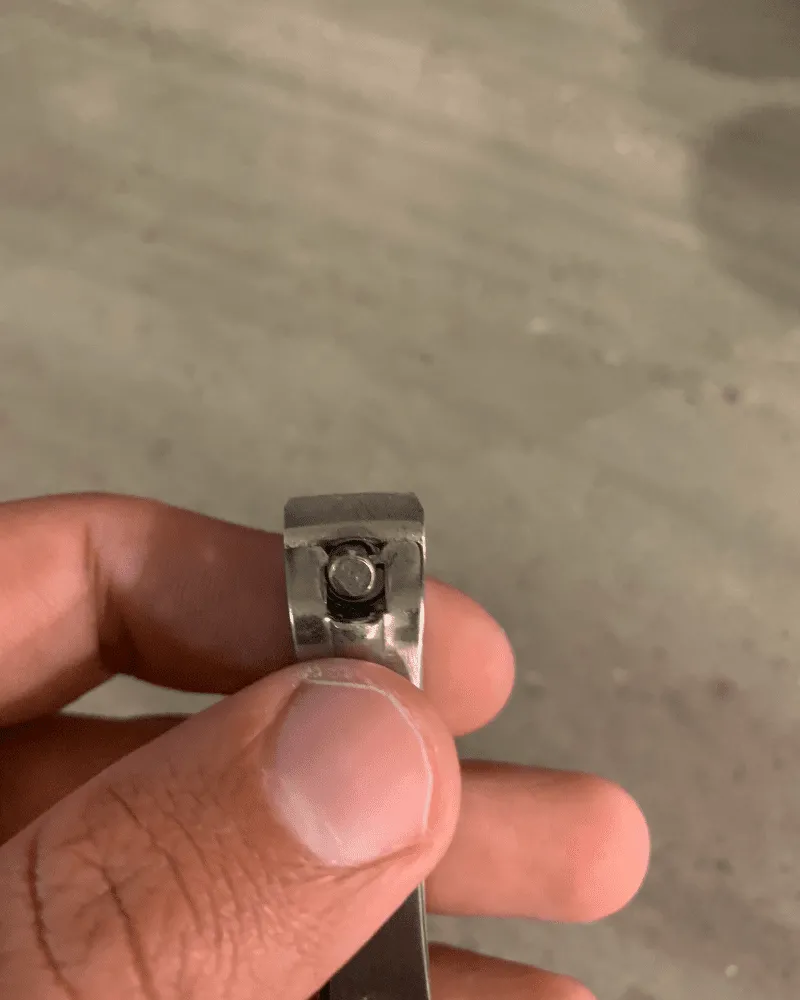
Washing Your Bras
Bras don’t need to be washed after every wear, but waiting too long can lead to bacteria buildup. Aim to wash them every two to three wears to maintain hygiene and prolong their lifespan.

Common Hygiene Myths and Practices
Maintaining good hygiene is essential for overall health, but there are many myths and practices that can lead to misunderstandings. Here’s a breakdown of some common hygiene-related topics and tips to keep you informed.
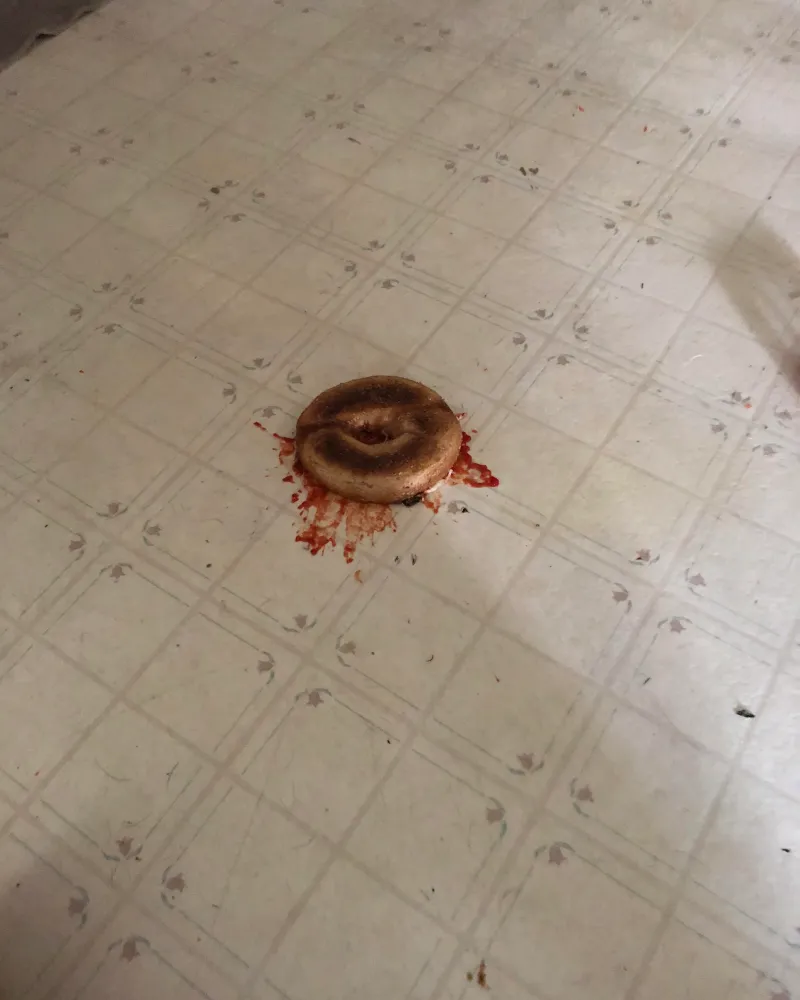
The Five-Second Rule
You’ve likely heard of the “five-second rule,” which suggests that food dropped on the floor is safe to eat if picked up within five seconds. This is a myth! Bacteria can transfer to food instantly upon contact with the ground, so it’s best to avoid eating food that has fallen.
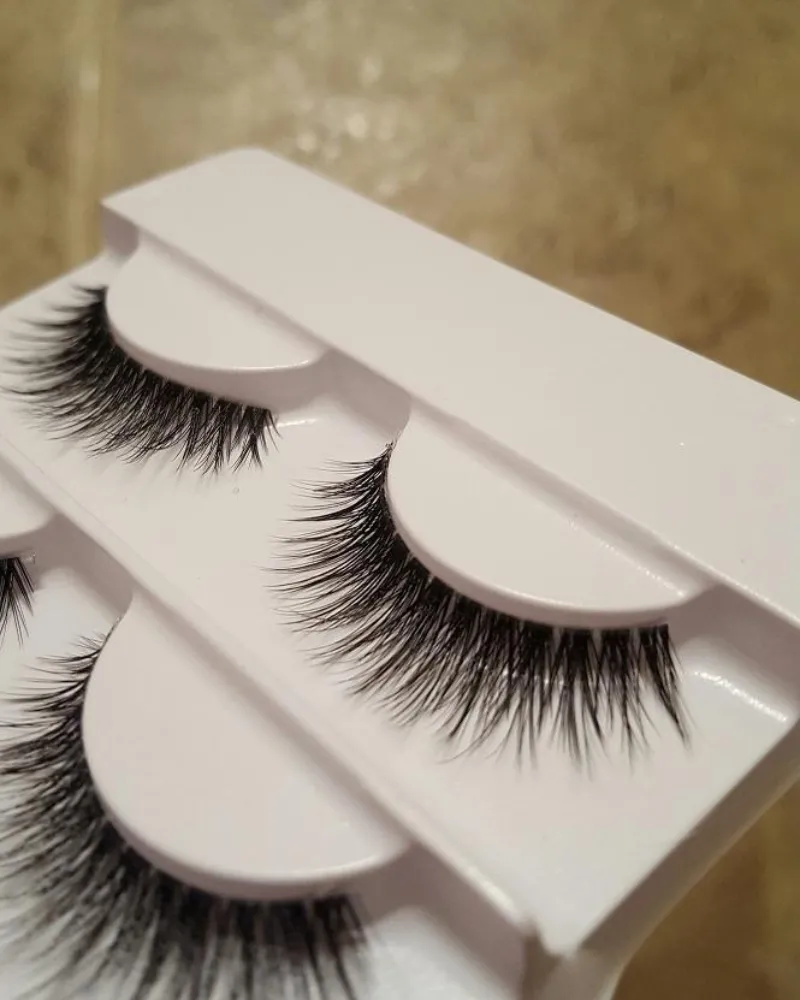
Reusing Lash Extensions
If you use lash extensions, it’s important to treat them hygienically between uses. Always clean them with a lash cleaner to remove glue and bacteria. Failing to do so can lead to eye infections or irritations.
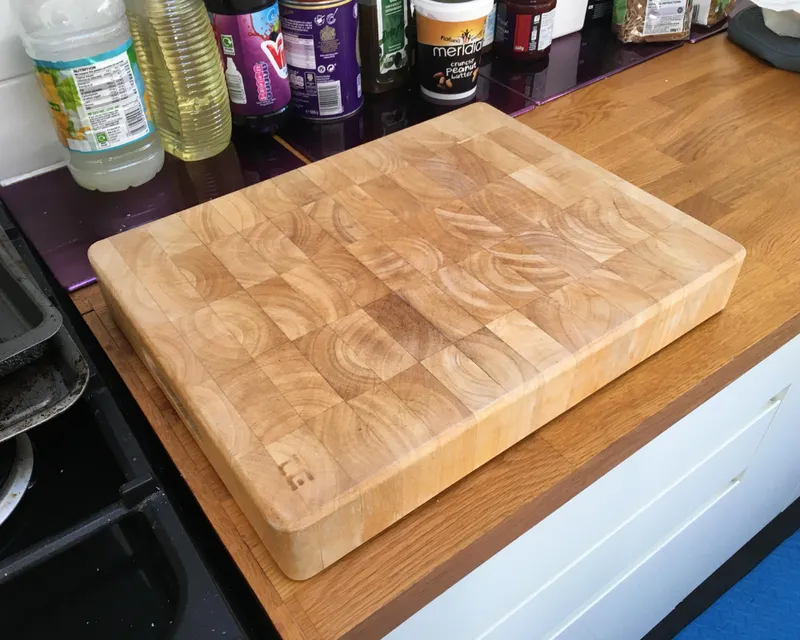
Multiple Cutting Boards
To prevent cross-contamination in the kitchen, especially when handling raw meat, use separate cutting boards for different food types. This practice helps maintain food safety and hygiene.
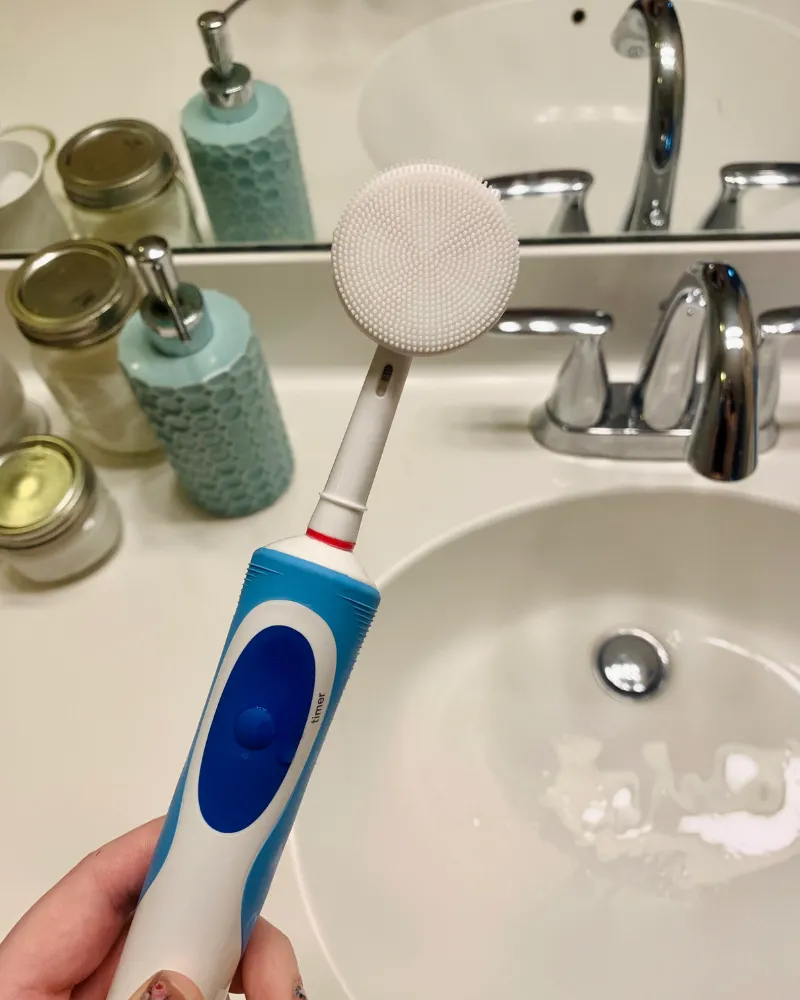
Exfoliating Your Skin
Exfoliating can be beneficial for your skin by removing dead skin cells and unclogging pores. However, over-exfoliating can damage your skin and strip away essential oils. Limit exfoliation to two to three times a week, or once a week for sensitive skin.
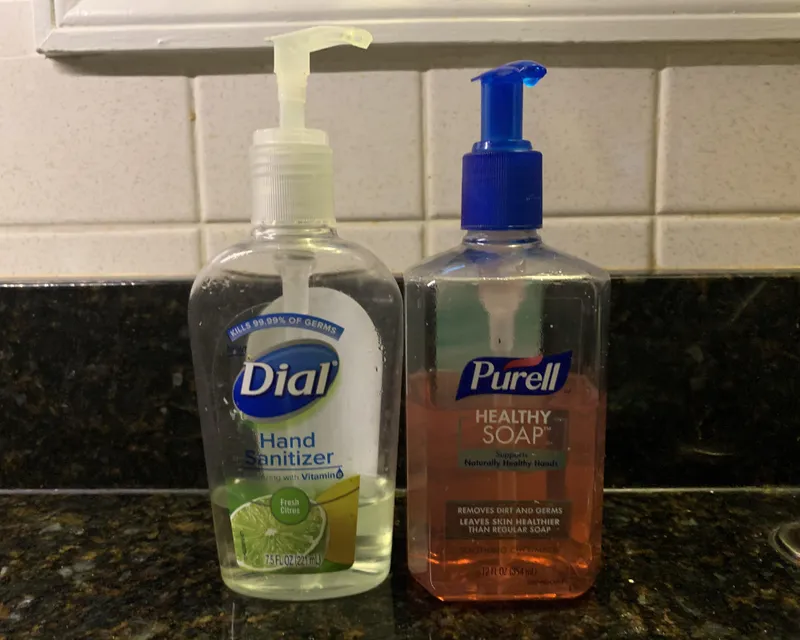
Cover Your Cough
When you cough or sneeze, germs are expelled into the air. Always cover your mouth with the inside of your arm or a tissue, rather than your hands, to prevent spreading germs. If you do use your hands, wash them immediately afterward.

Cleaning Your Fridge
For a hygienic kitchen, ensure your fridge is clean. While it’s important to dispose of old food, don’t forget to wipe down shelves and surfaces with disinfectant regularly to prevent bacteria buildup.

Properly Disposing of Cooking Grease
Never pour cooking grease down the drain, as it can cause plumbing issues. Instead, use a product designed to solidify oil for easy disposal, or collect it in a container until it hardens.
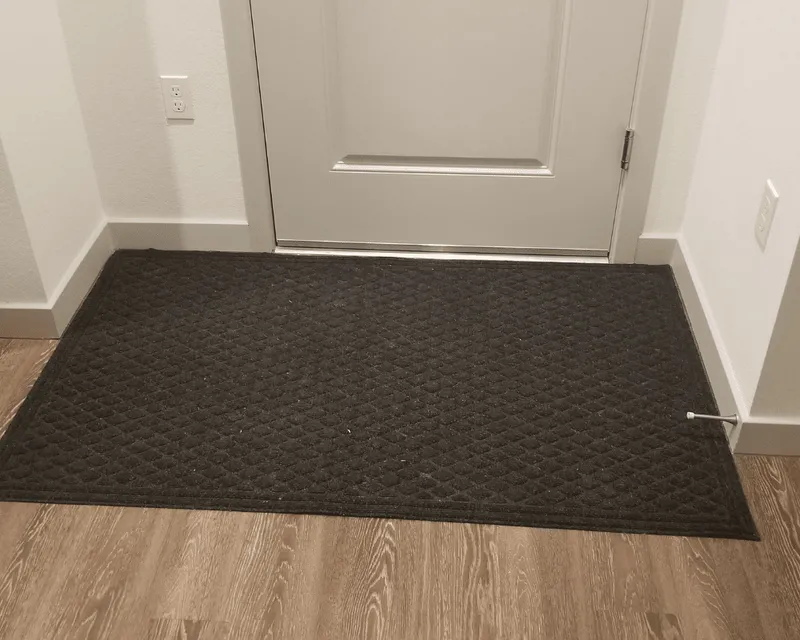
The Importance of Doormats
Doormats serve a vital purpose beyond aesthetics. Their coarse texture helps capture dirt and moisture from shoes, keeping your home cleaner and reducing the amount of dirt tracked inside.
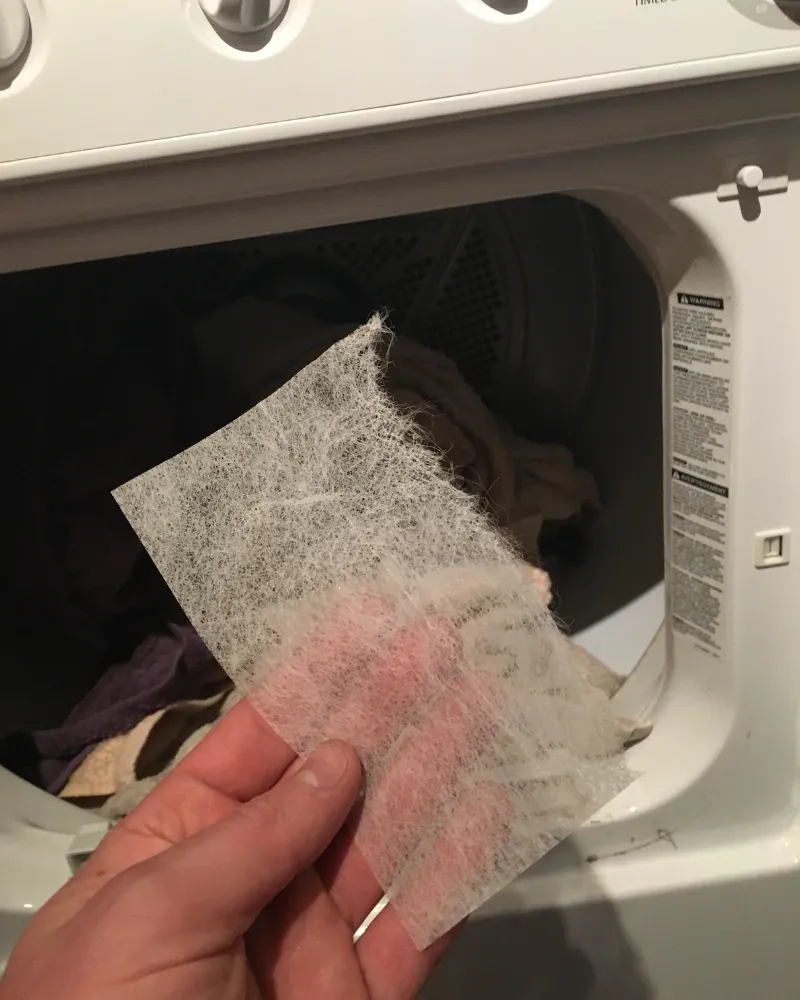
Skip Dryer Sheets for Towels
To maintain the absorbency of your towels, avoid using dryer sheets or fabric softeners. These products can leave a waxy residue that diminishes their ability to soak up water.
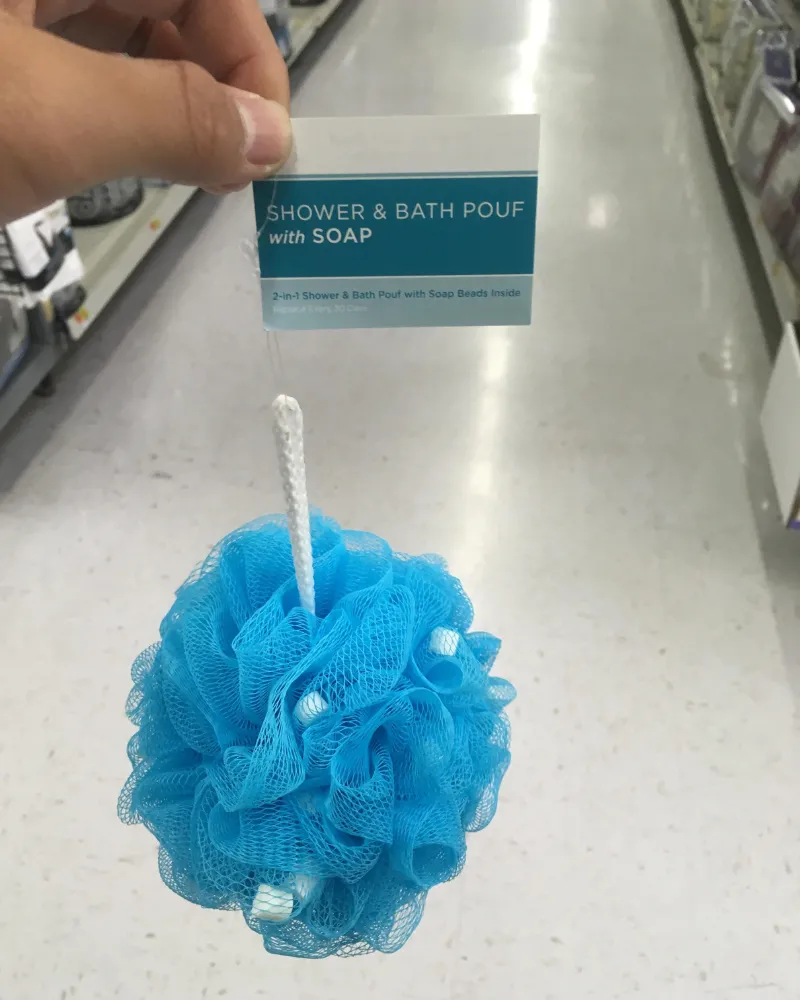
Replace Your Loofahs
Loofahs can harbor bacteria due to their design, which traps moisture. To maintain hygiene, replace your loofah regularly, ideally every few weeks.
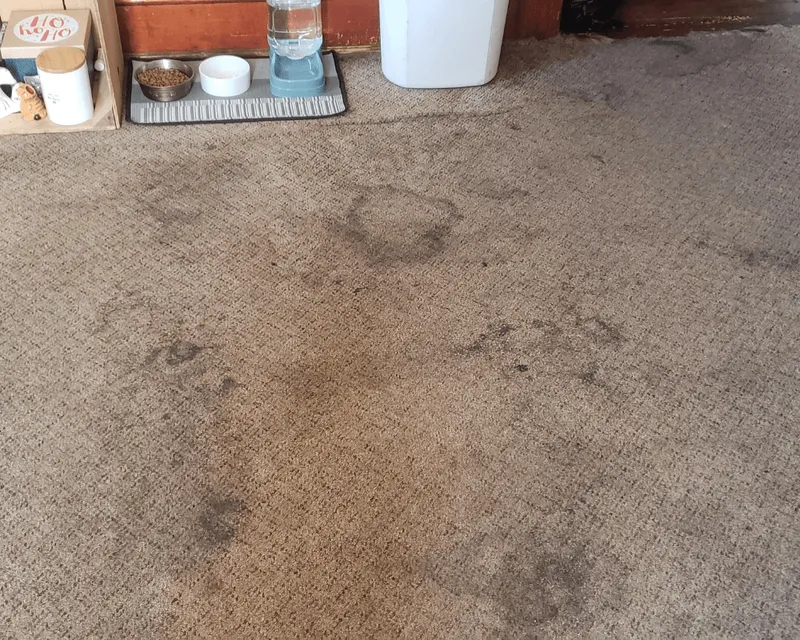
Use a Pet Cleaner
If you have pets, accidents can happen. To effectively clean up messes, use a pet-specific cleaner that neutralizes odors and prevents pets from returning to the same spot.
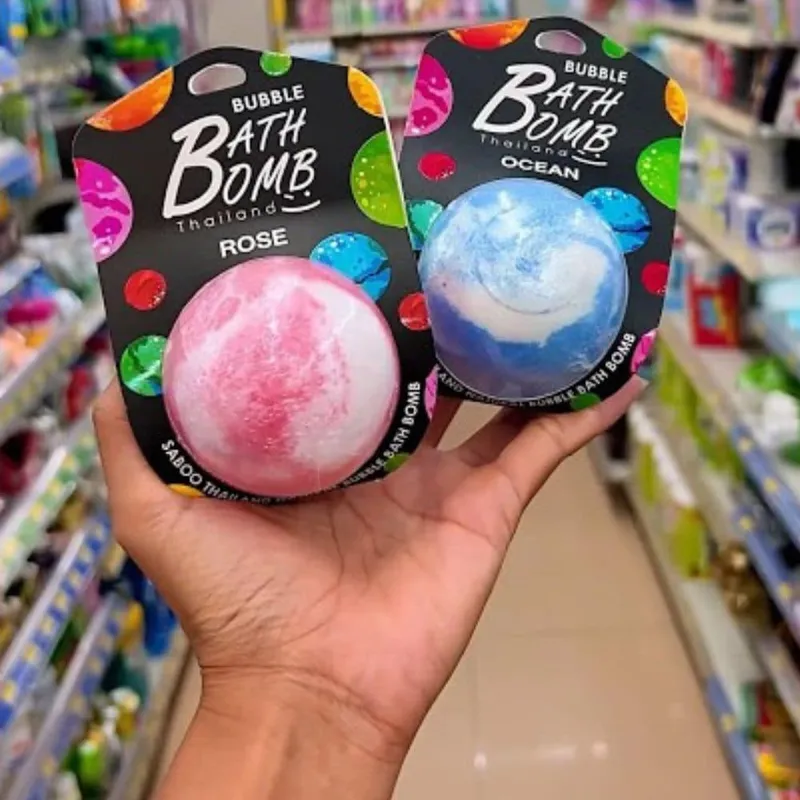
Bath Bombs and Skin Irritation
While bath bombs can enhance relaxation, they may irritate sensitive areas, especially for women. The oils and detergents in bath bombs can lead to dryness or infections, so consider limiting their use.
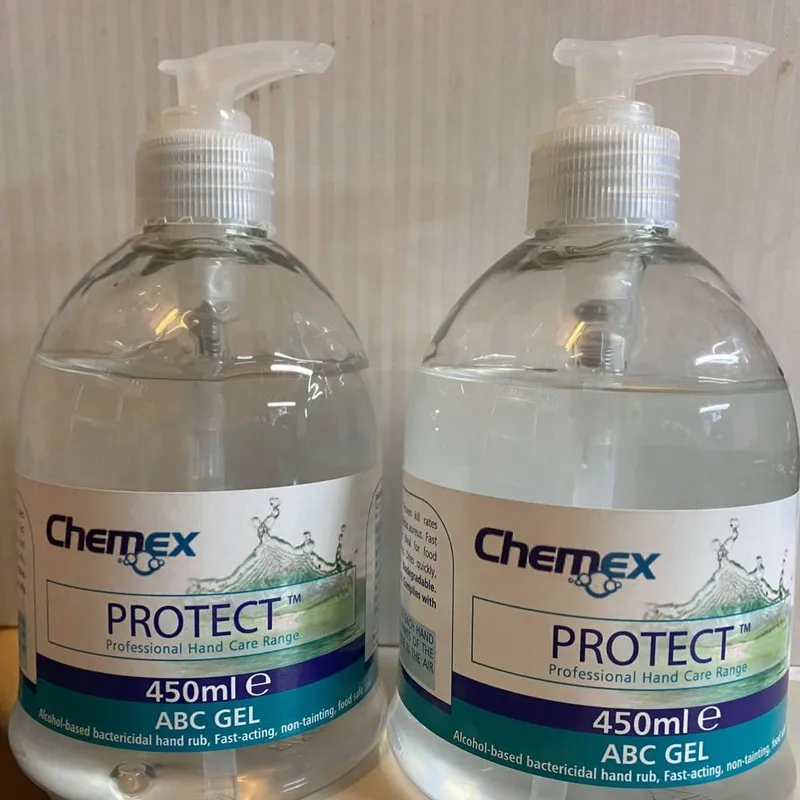
Hand Sanitizer vs. Handwashing
Hand sanitizer is useful when soap and water aren’t available, but it doesn’t clean dirt from your hands—only disinfects. Whenever possible, opt for washing your hands with soap for better hygiene.
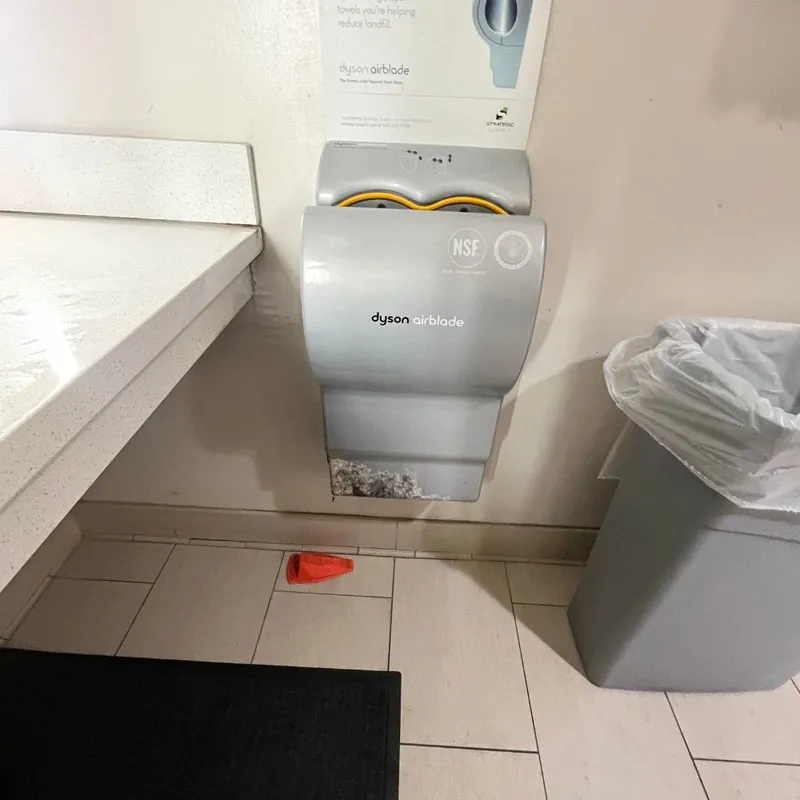
Air Dryers vs. Paper Towels
While air dryers are eco-friendly, they may not be the best choice for hygiene. They can spread germs in the air, while paper towels absorb and contain them. If hygiene is a priority, consider using paper towels instead.
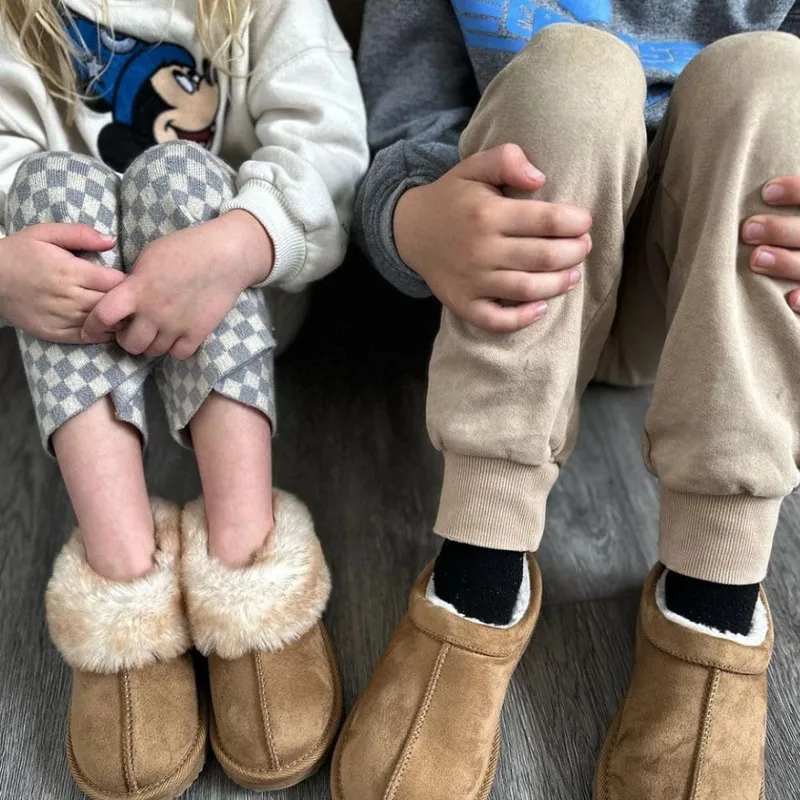
Indoor Shoes for a Cleaner Home
Wearing specific shoes indoors helps keep your home cleaner by preventing dirt and bacteria from being tracked inside. This simple practice can reduce the frequency of vacuuming and promote a healthier living environment.
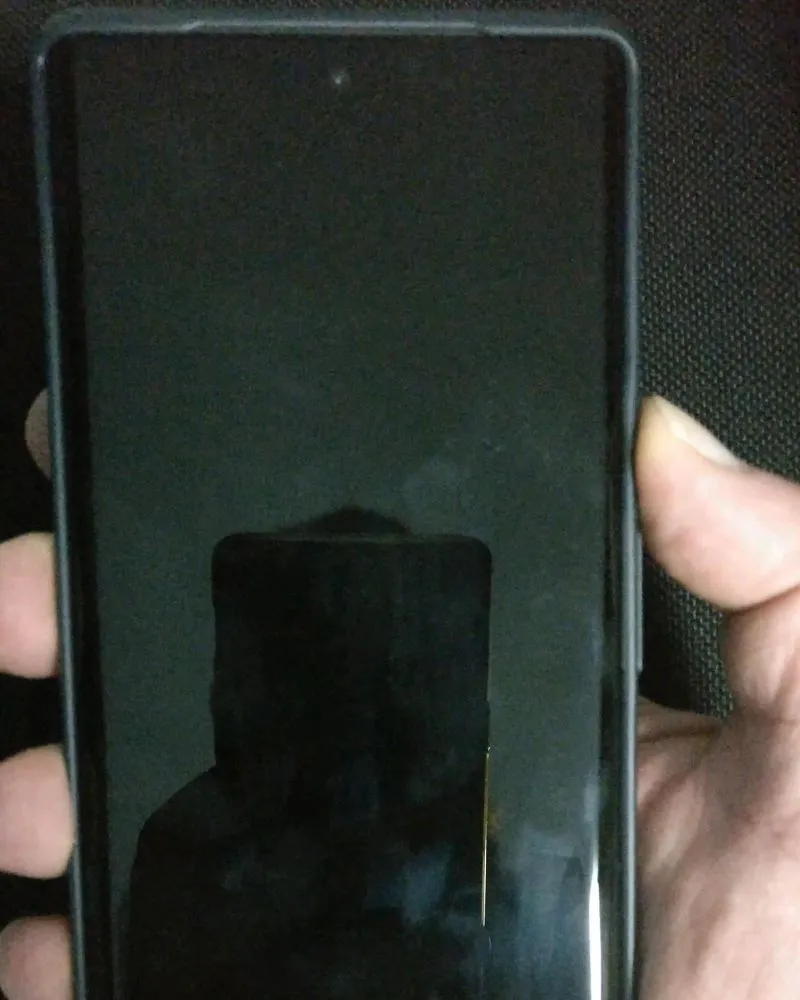
Avoid Using Your Phone in the Restroom
Using your phone in the restroom is common, but it can transfer bacteria to your device. In fact, studies show that phone screens can be dirtier than public toilet seats. Consider leaving your phone outside the bathroom to maintain better hygiene.

Common Hygiene Practices and Mistakes
Maintaining good hygiene is essential, but many of us may unknowingly engage in practices that can be harmful. Here are some common hygiene-related topics and tips to help you make better choices.

Sleeping with Contact Lenses In
Even the most diligent individuals can occasionally fall asleep with contact lenses in. However, doing so can lead to dry eyes, discomfort, and even eye infections. To protect your eye health, remove your lenses before dozing off. If you’re planning a late-night movie marathon, consider switching to glasses instead.
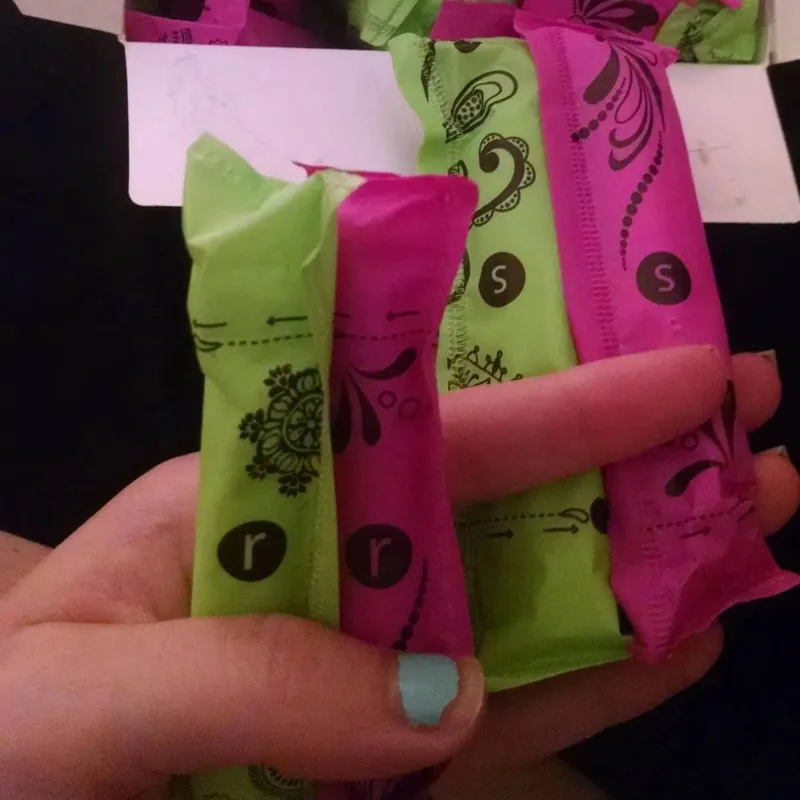
Eating Produce Right Away
While it’s great to eat plenty of fruits and vegetables, it’s crucial to wash them thoroughly before consumption. Produce can be contaminated with pesticides and bacteria from handling in stores. Always rinse your fruits and veggies under running water to ensure they are clean, even if the packaging claims they’re pre-washed.

Leaving a Tampon In
Leaving a tampon in for too long can increase the risk of toxic shock syndrome (TSS), a rare but potentially life-threatening infection. To minimize this risk, change your tampon regularly or consider alternative menstrual products if you tend to forget.
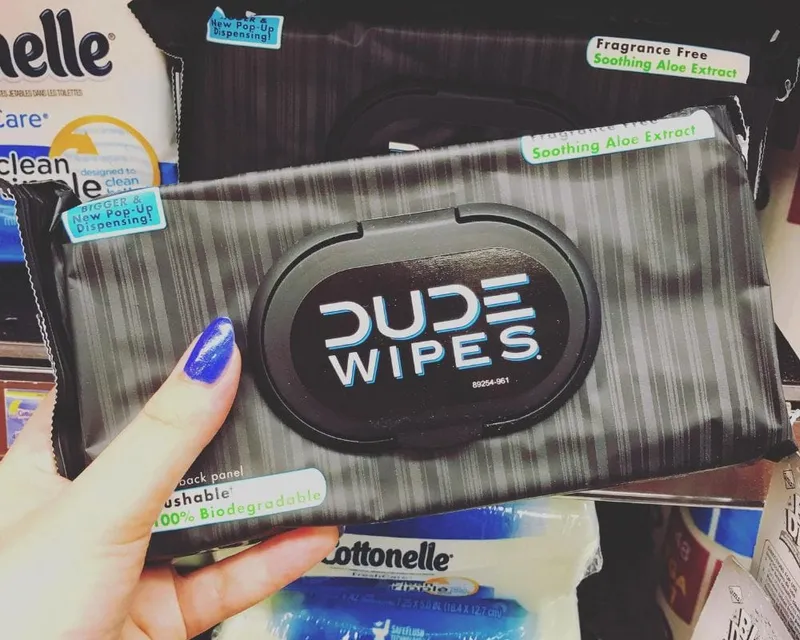
Sleeping with Makeup On
After a long night, it can be tempting to skip removing your makeup before bed. However, sleeping with makeup on can clog pores, leading to acne and other skin issues. It can also transfer bacteria to your eyes. Make it a habit to cleanse your face each night to maintain healthy skin.
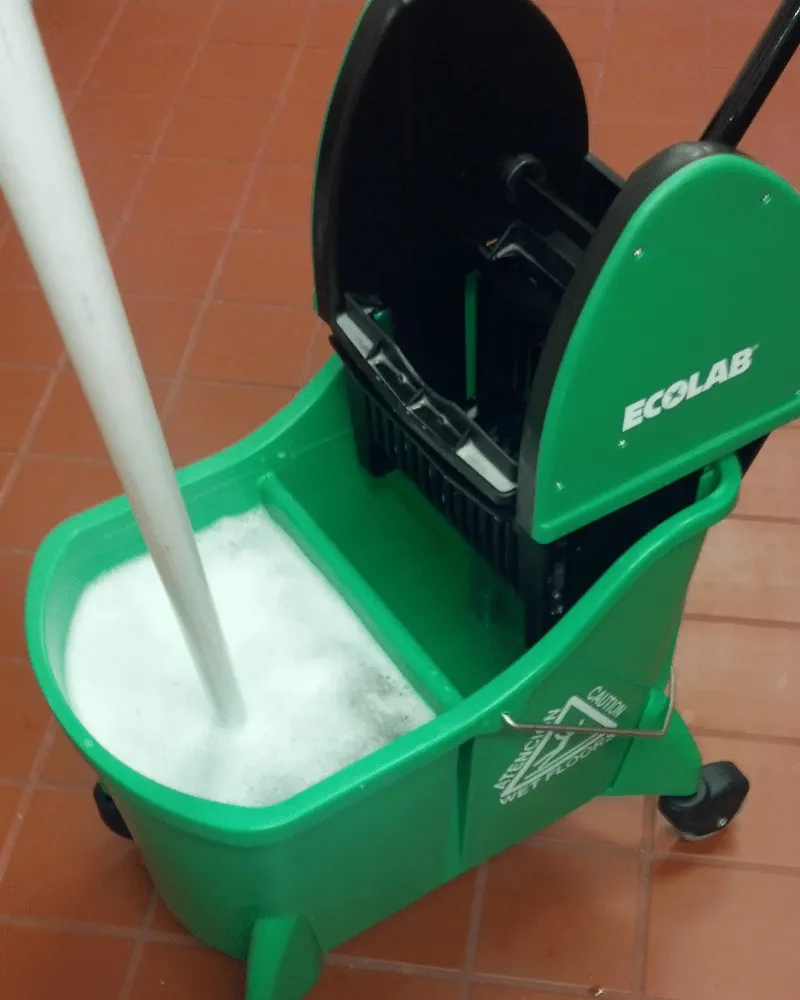
Using Wet Wipes
While wet wipes may seem convenient for cleaning, they can disrupt your body’s natural microbiome. According to surgeon Evan Goldstein, using wet wipes can remove beneficial bacteria, leading to imbalances. Additionally, using wet wipes and then pulling up your pants can cause irritation. Opt for traditional toilet paper for better hygiene.
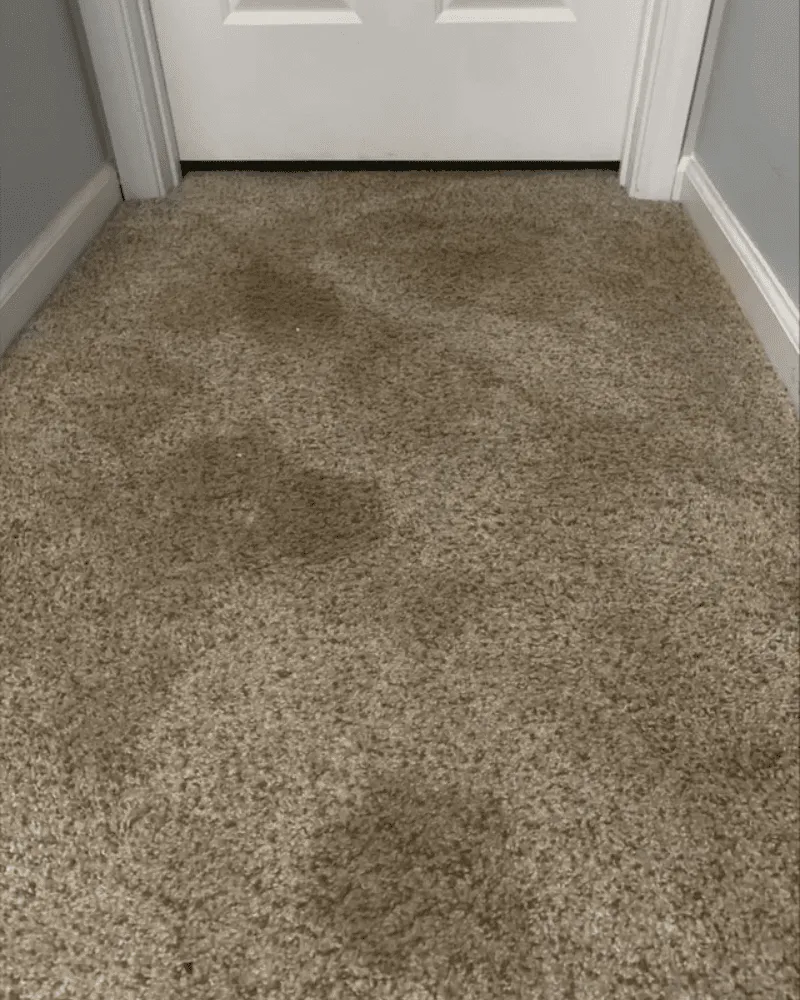
Careful Mopping Wooden Floors
When cleaning wooden floors, it’s important to minimize moisture. Excess water can damage the wood over time. Instead of mopping, consider using a vacuum or a cleaner specifically designed for wood floors to keep them in good condition.
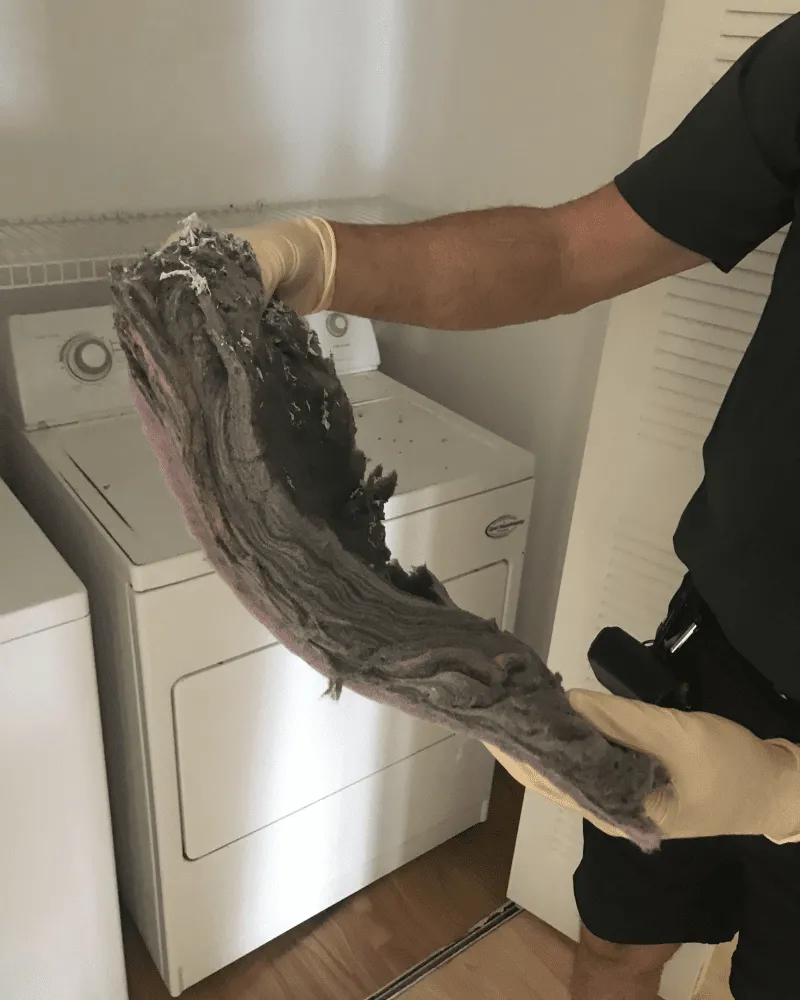
Scrubbing the Carpet
When accidents happen and you spill something on your carpet, your first instinct might be to scrub the stain. However, scrubbing can push the stain deeper into the fibers. Instead, gently blot the stain with a clean cloth to absorb the liquid without spreading it.
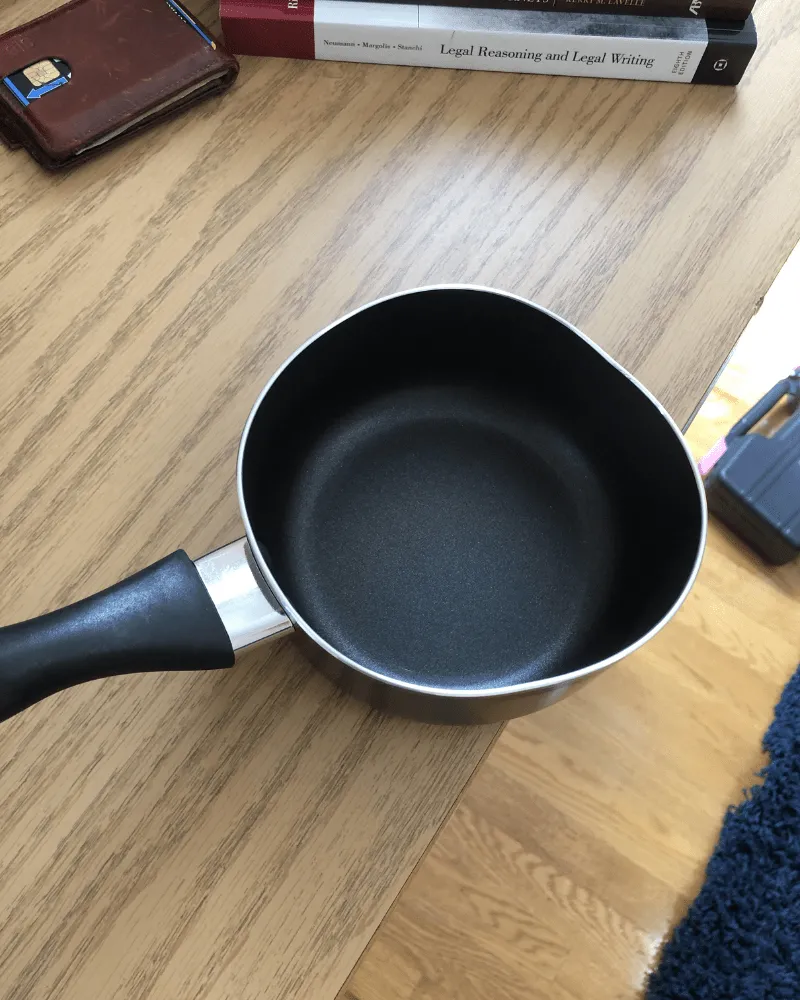
Cleaning the Lint Out of Your Dryer
Regularly cleaning the lint trap in your dryer is essential for safety and efficiency. Lint buildup can reduce drying effectiveness and pose a fire hazard. Make it a habit to clean out the lint trap after every use to prevent these issues.

Waiting to Wash Your Pans
After cooking, resist the urge to wash your pans immediately. Placing hot pans directly under cold water can warp the metal due to sudden temperature changes. Allow your pans to cool down before washing them to maintain their integrity.
Leave a Reply